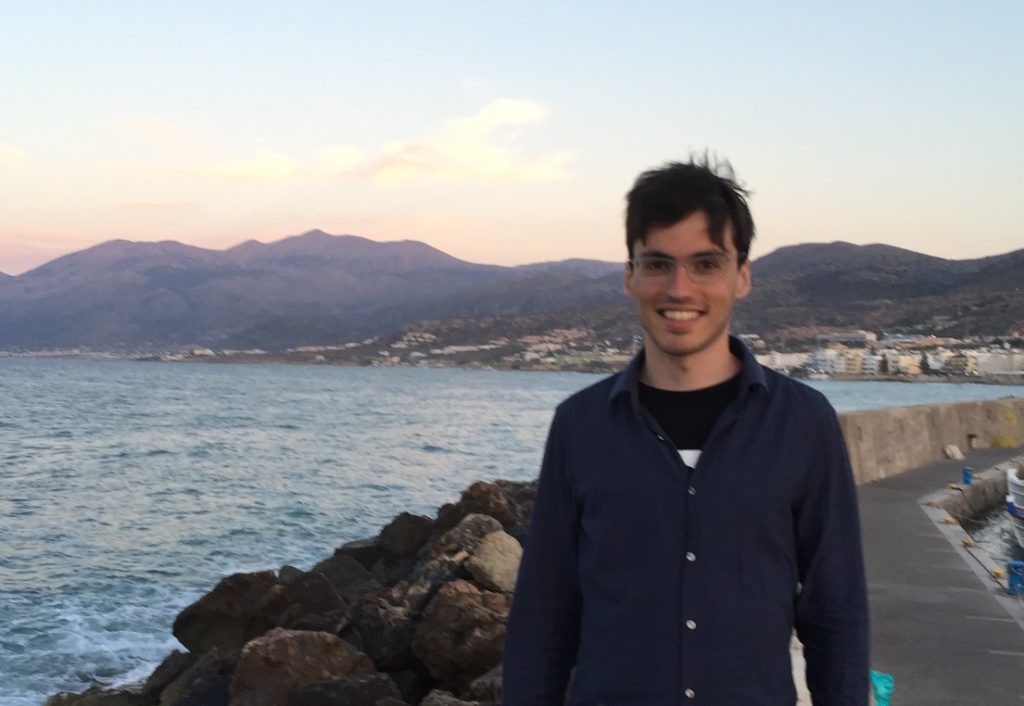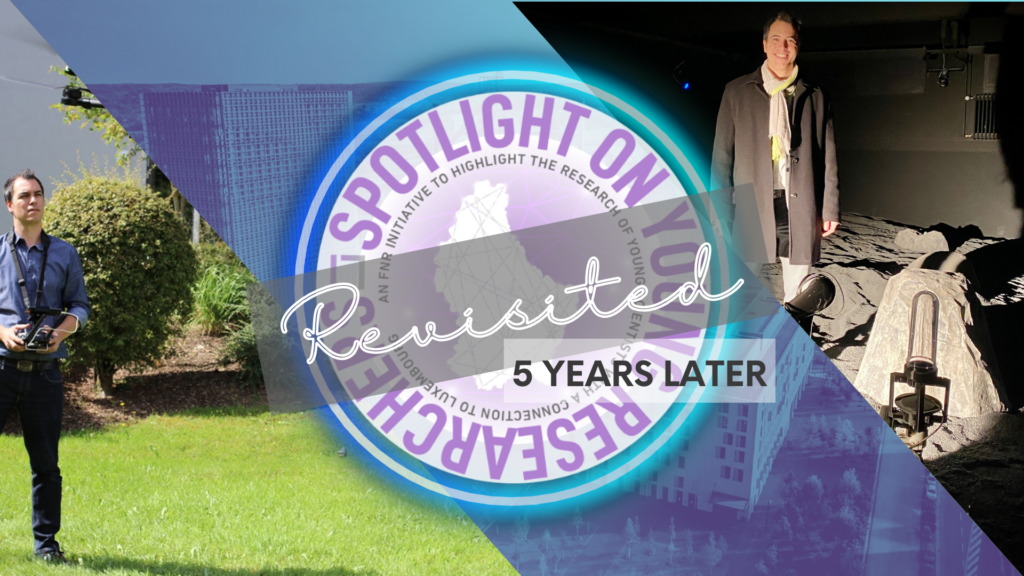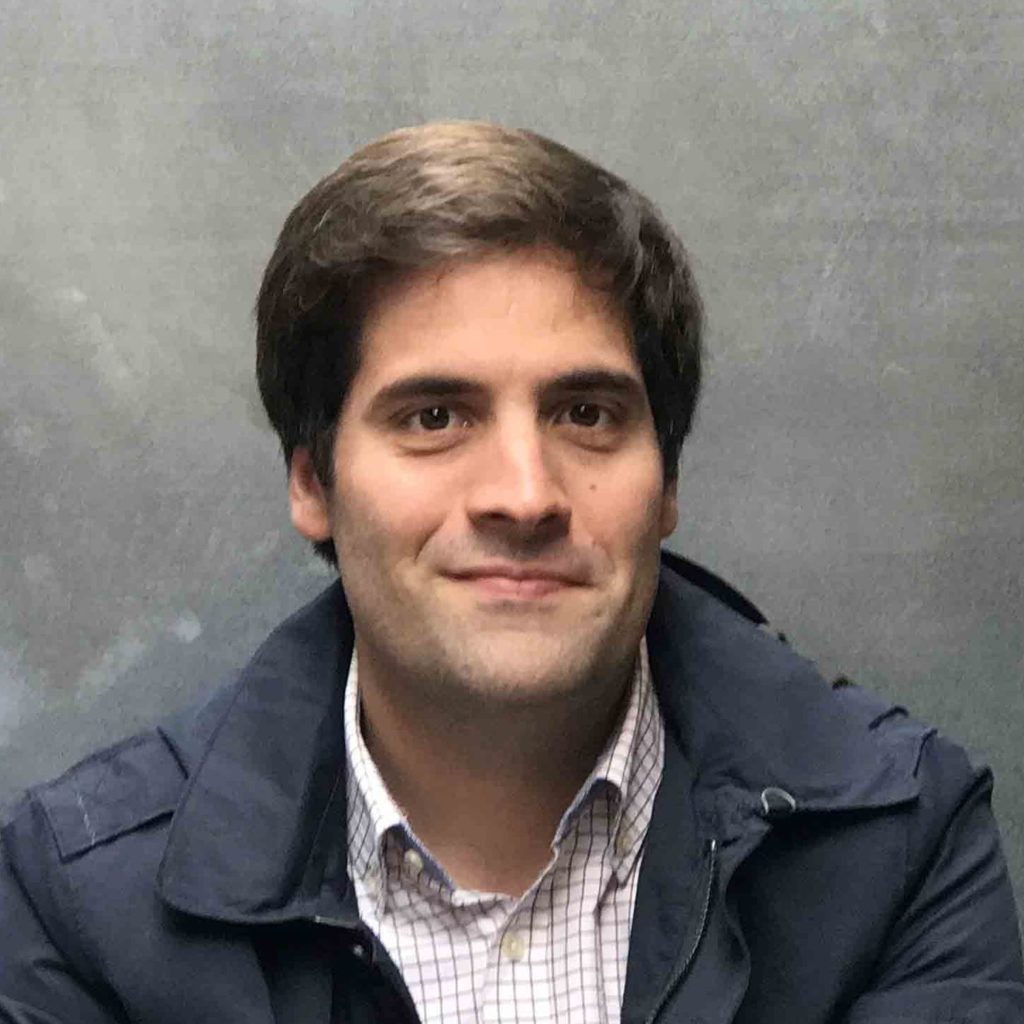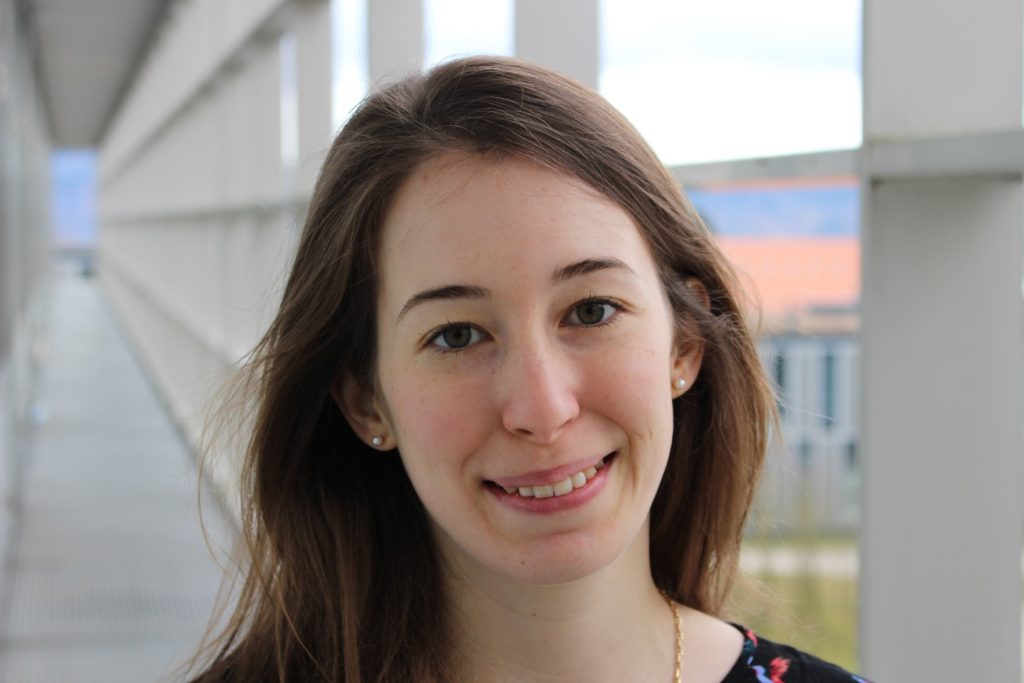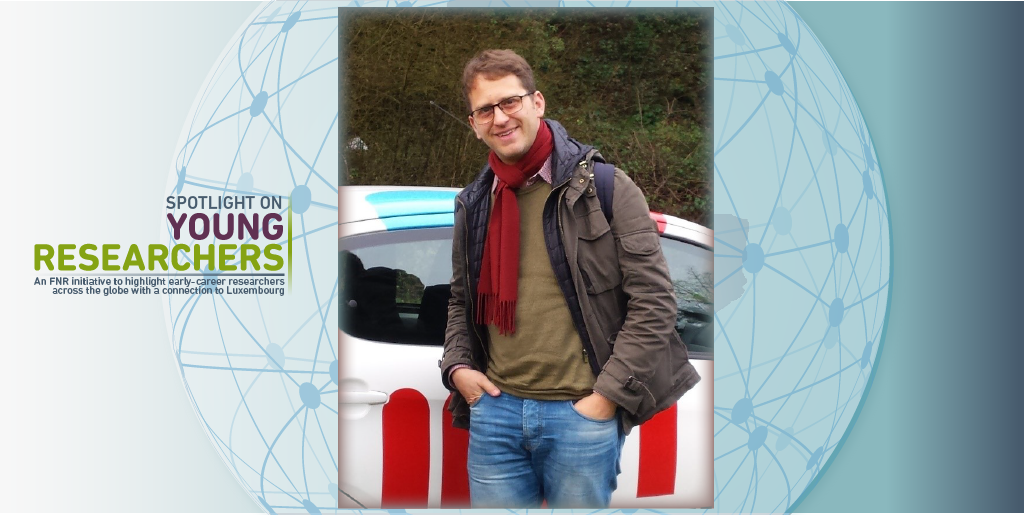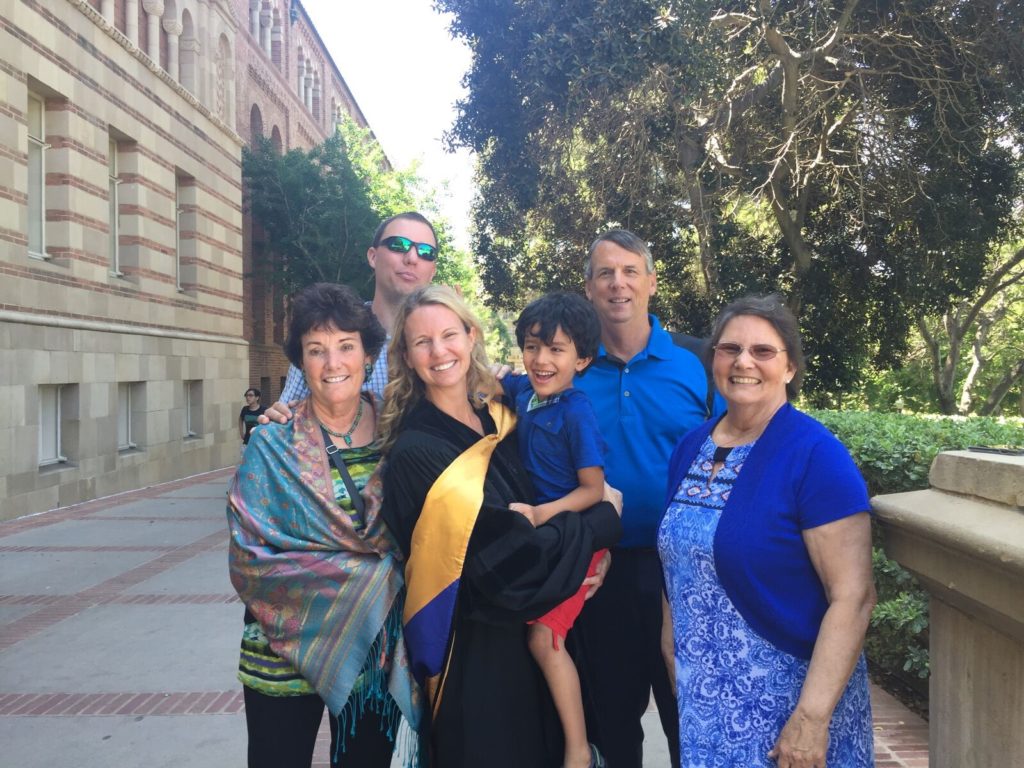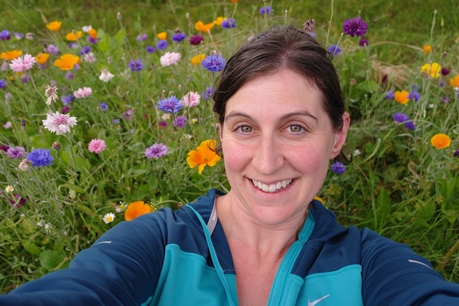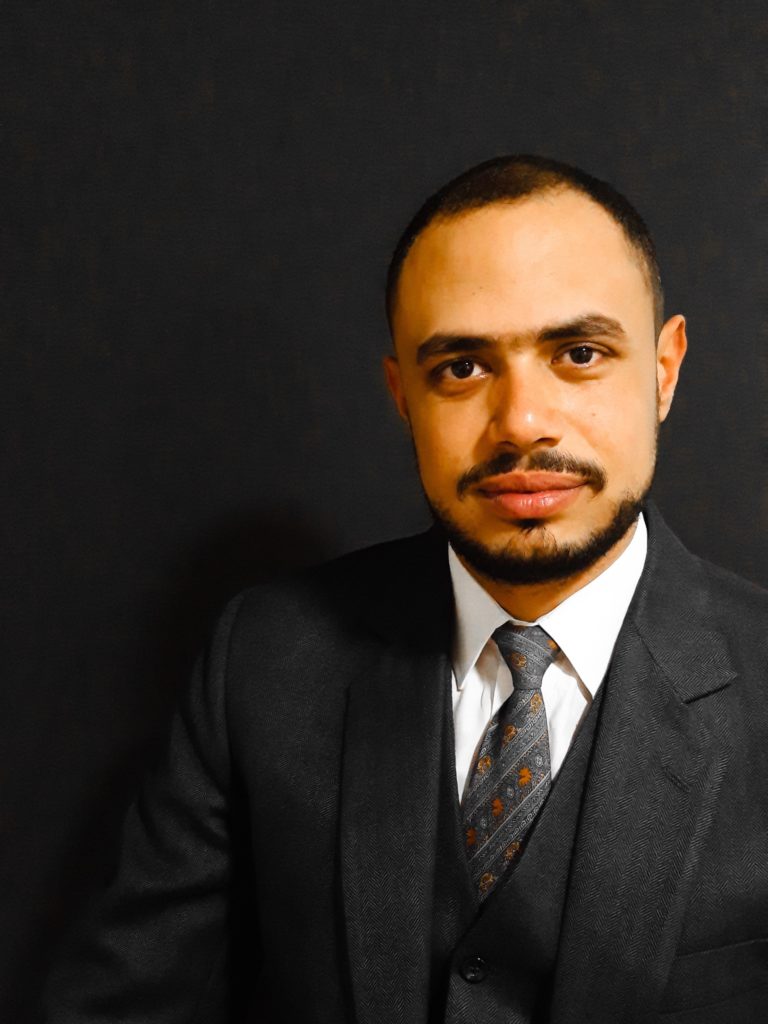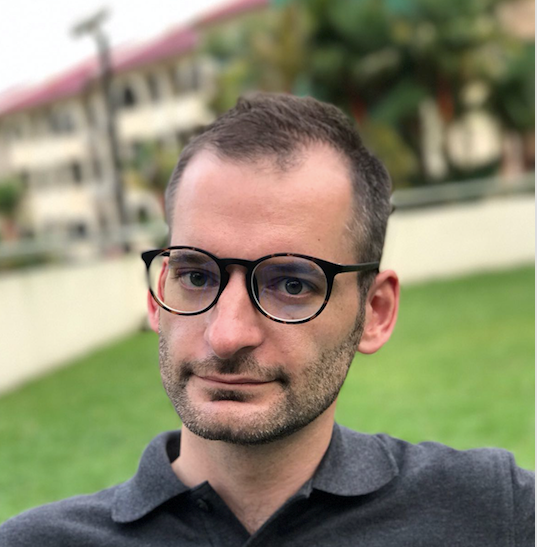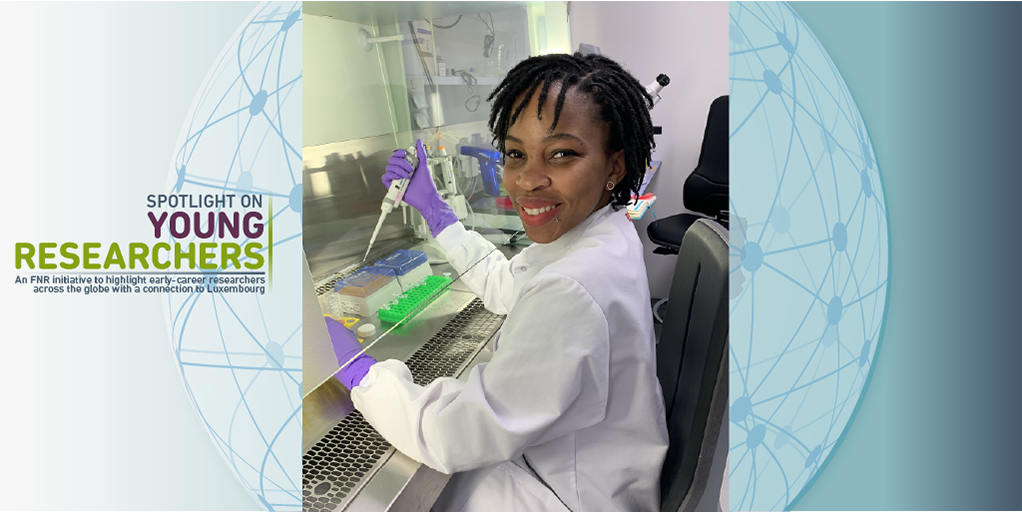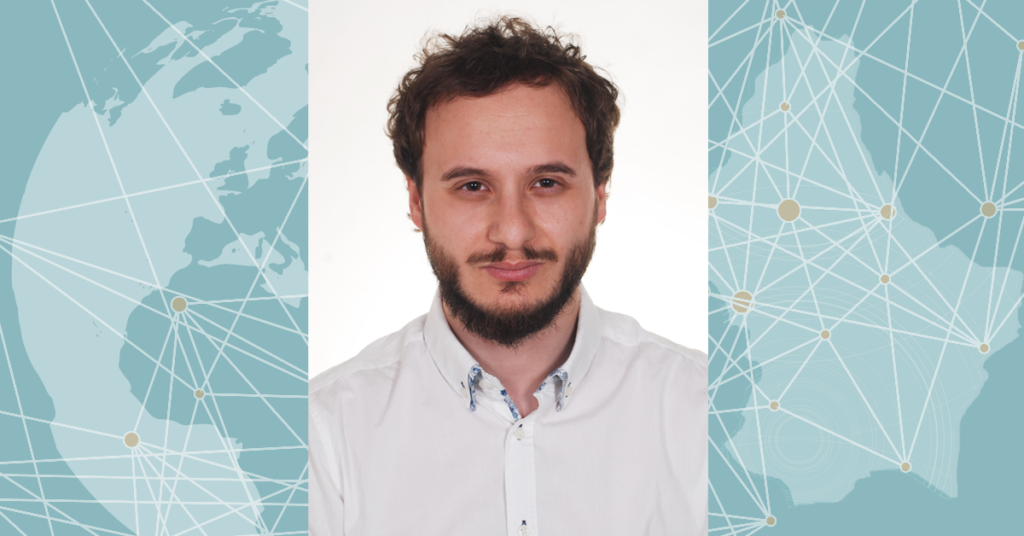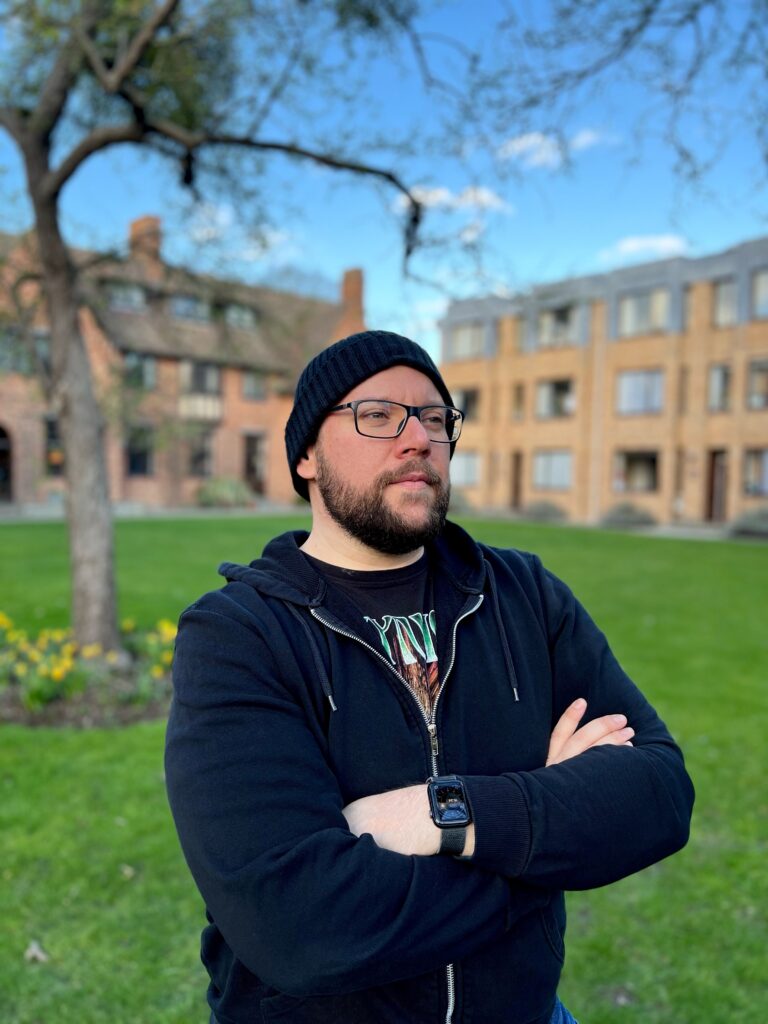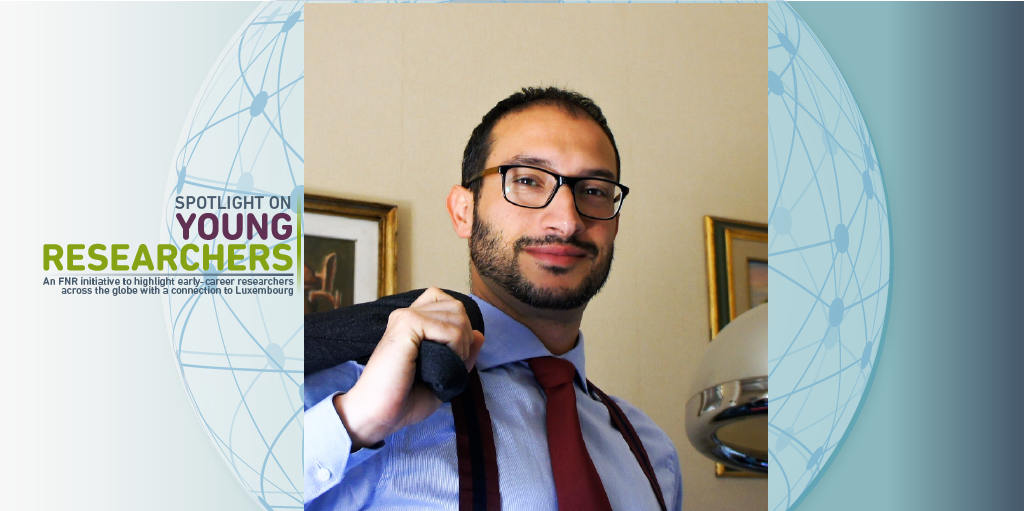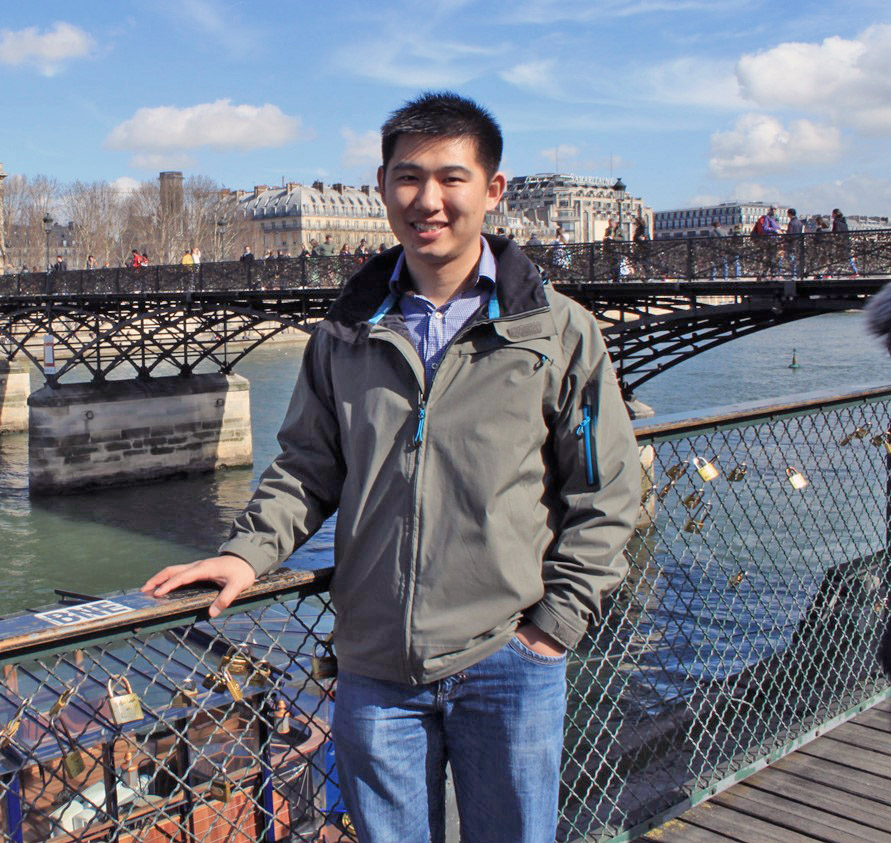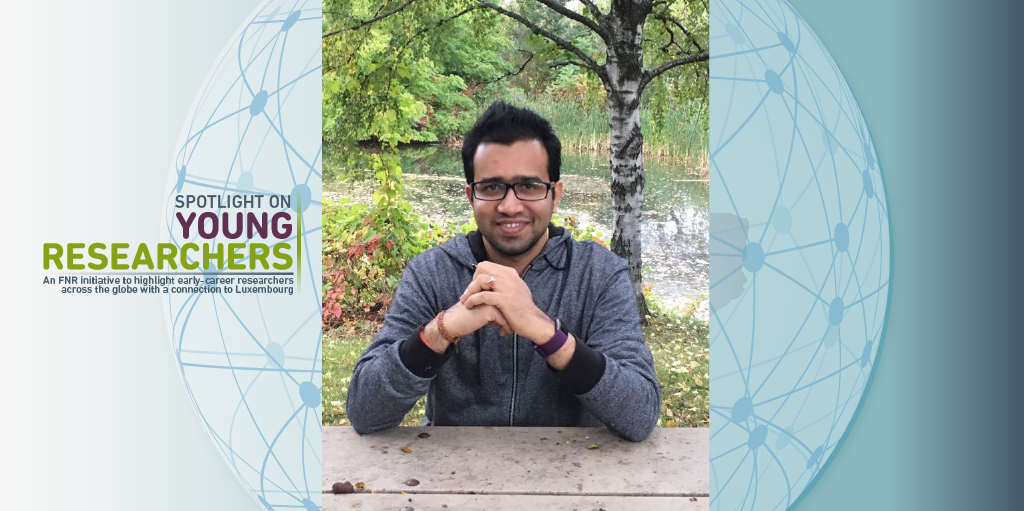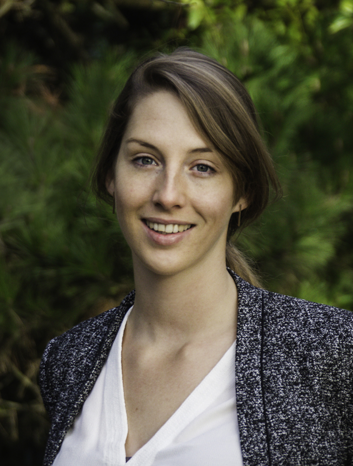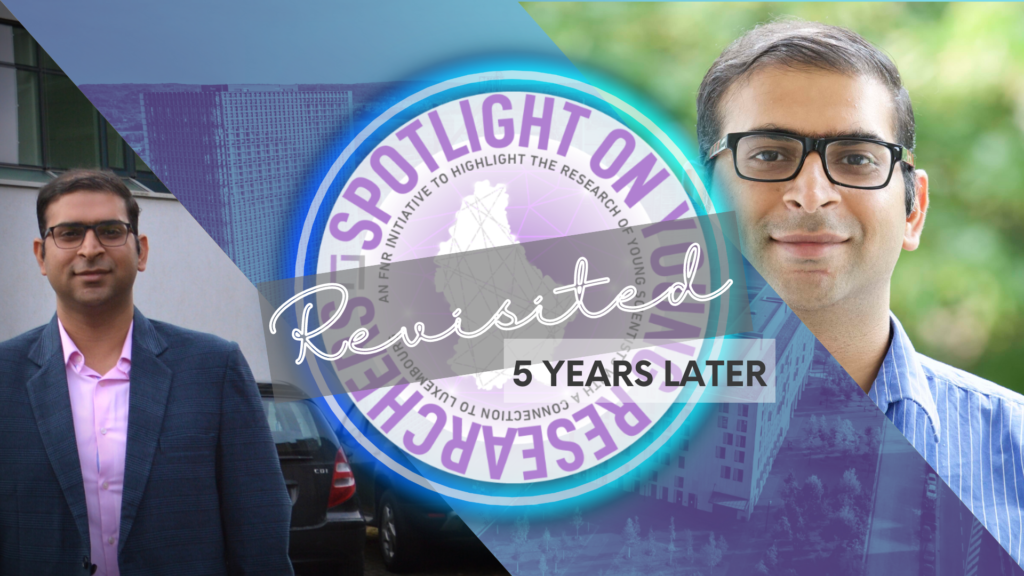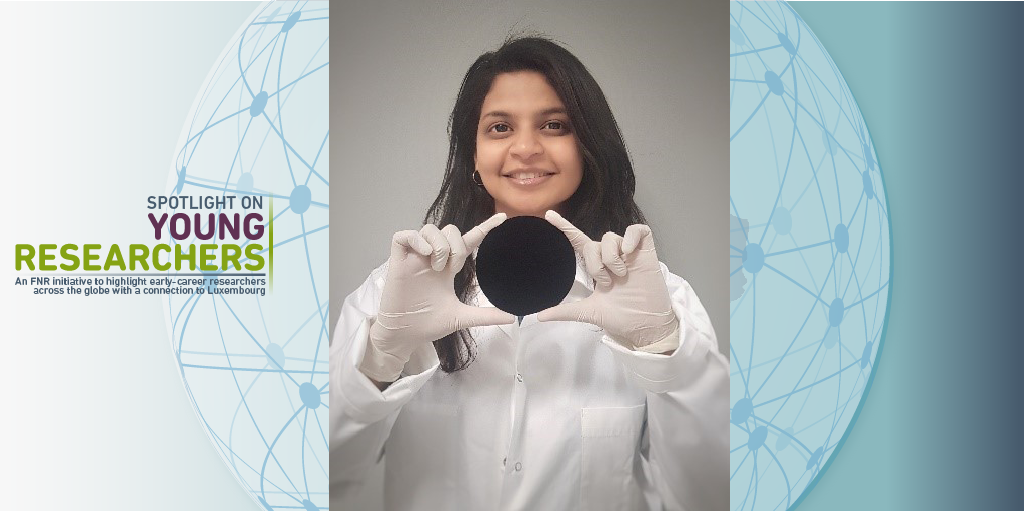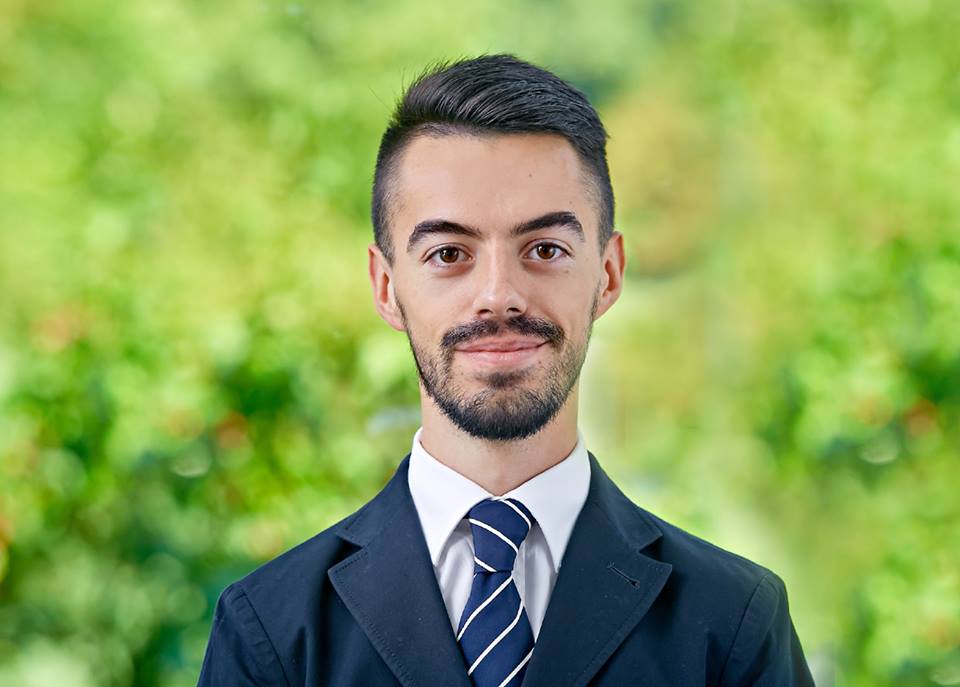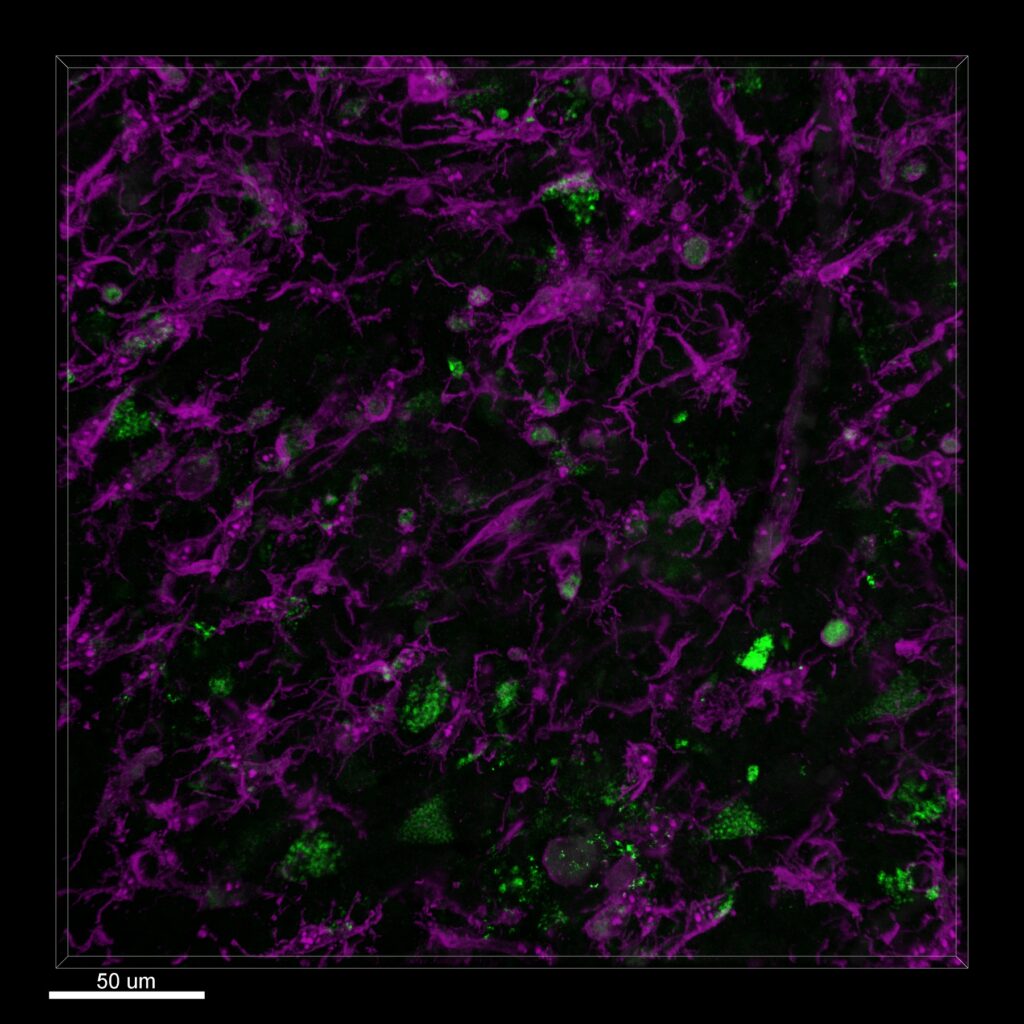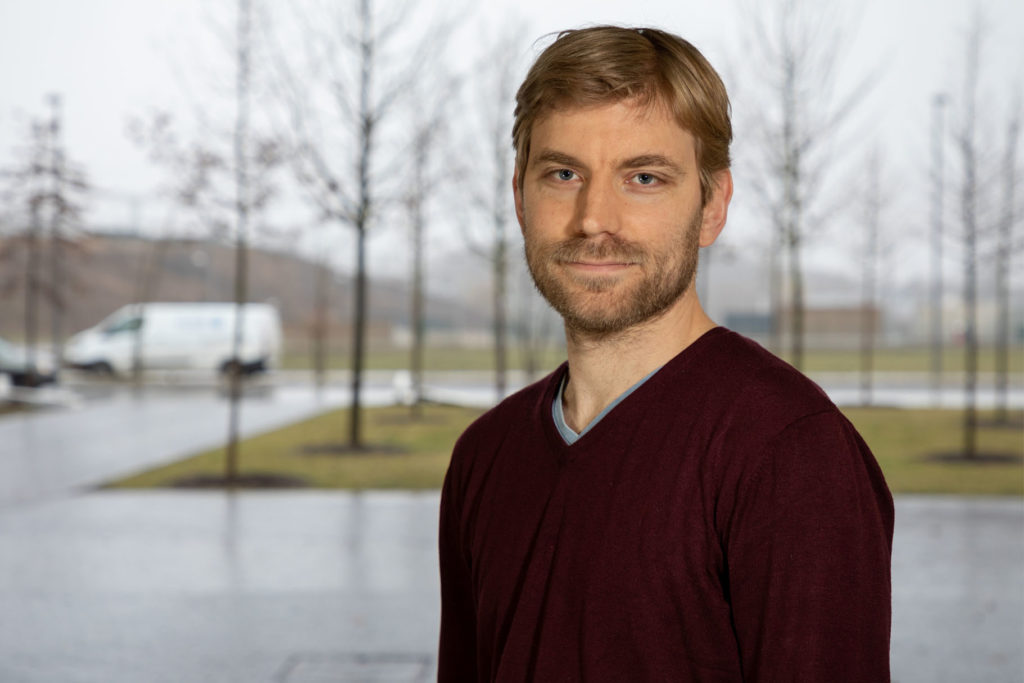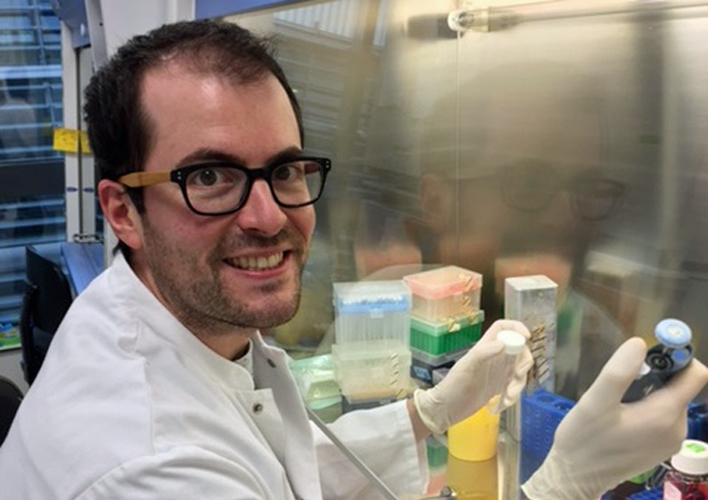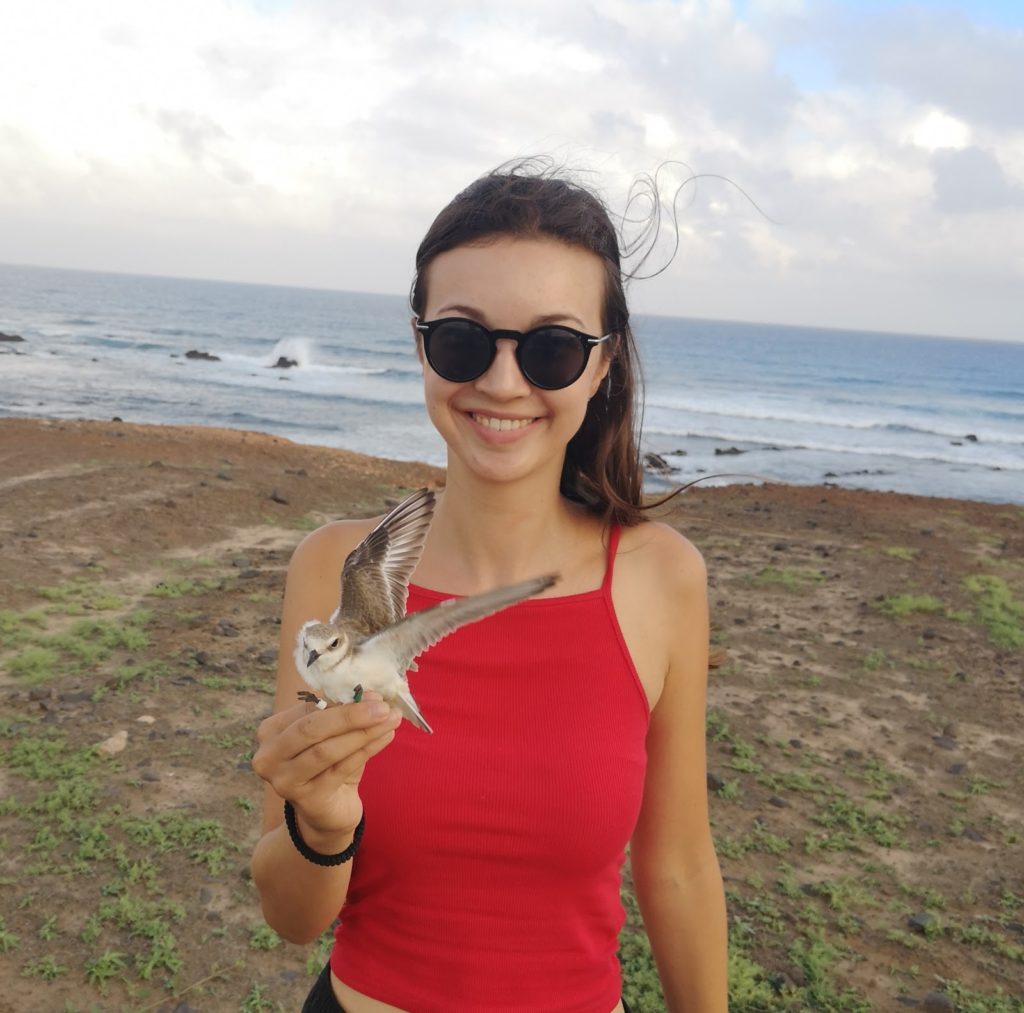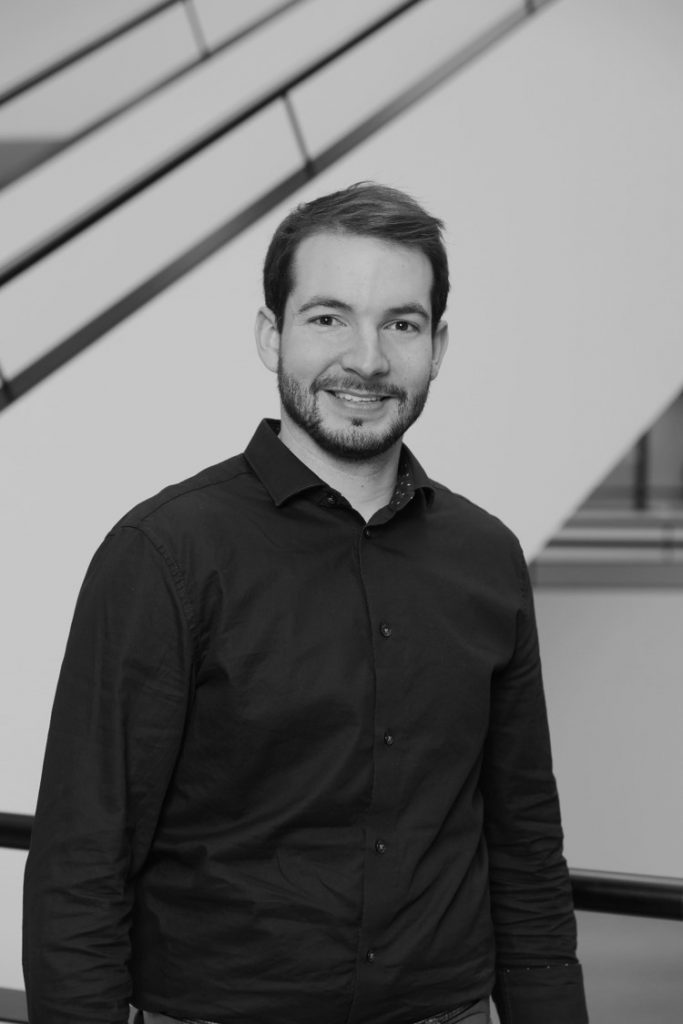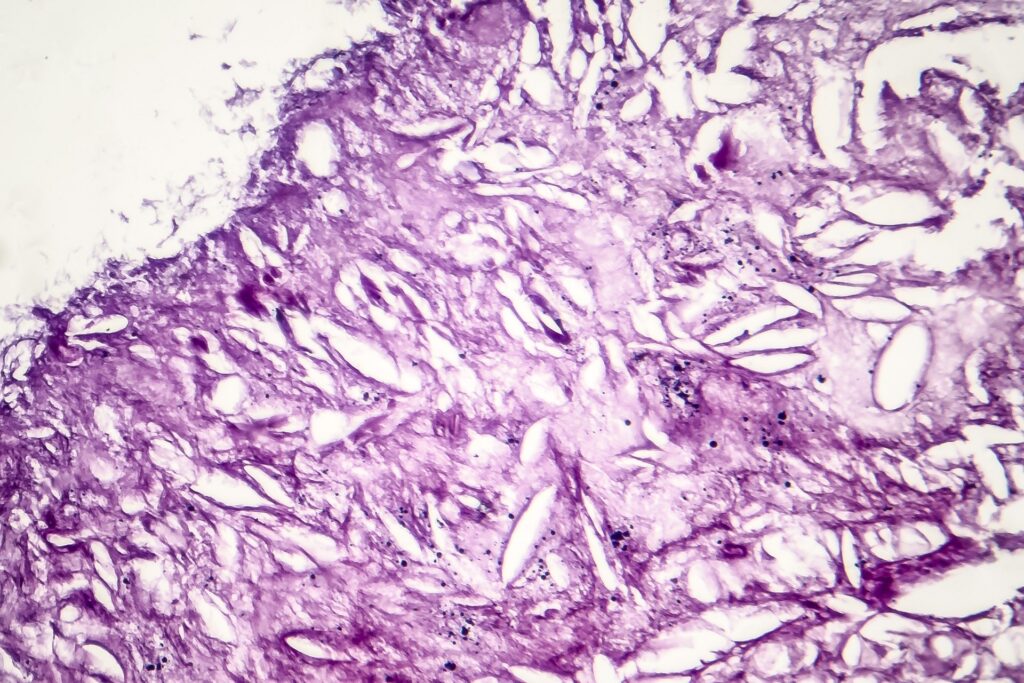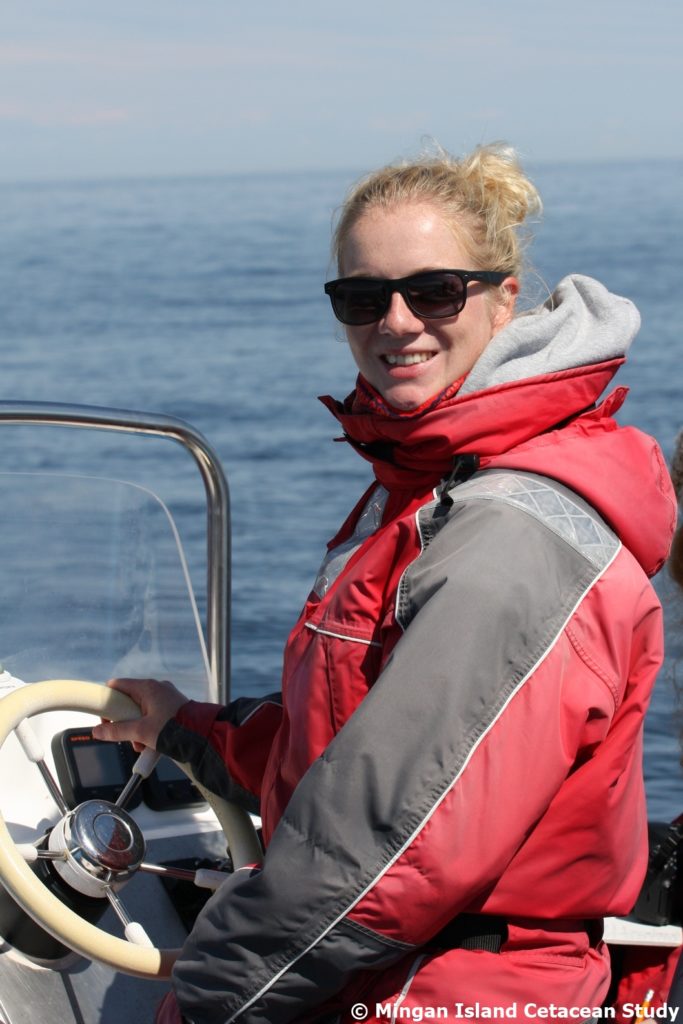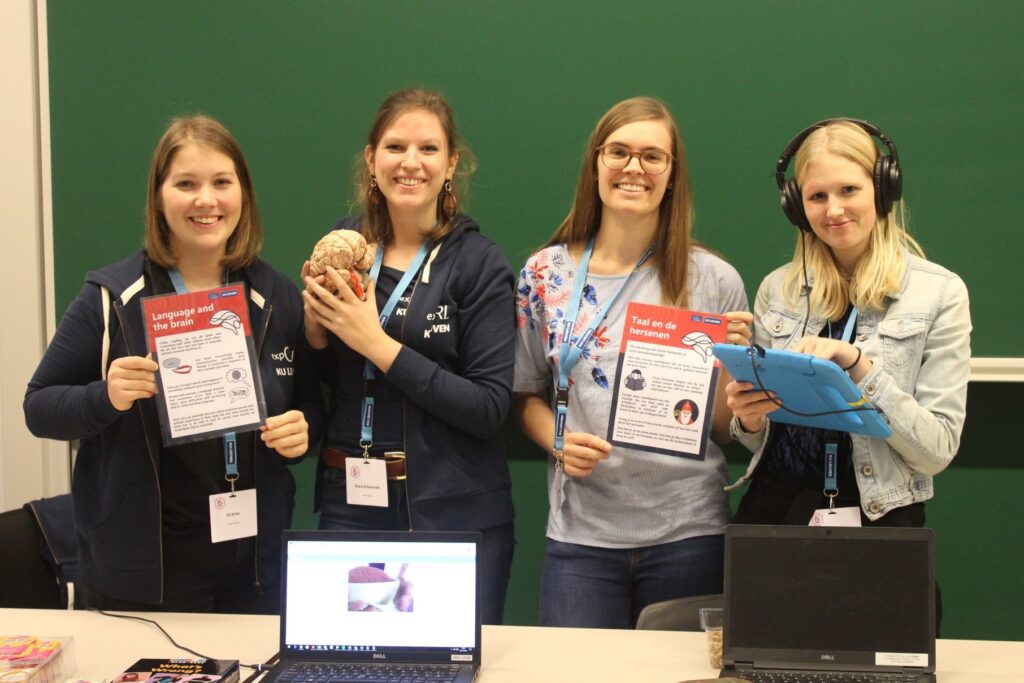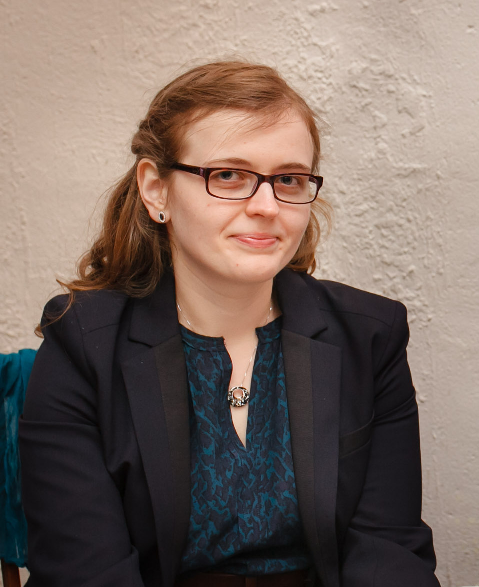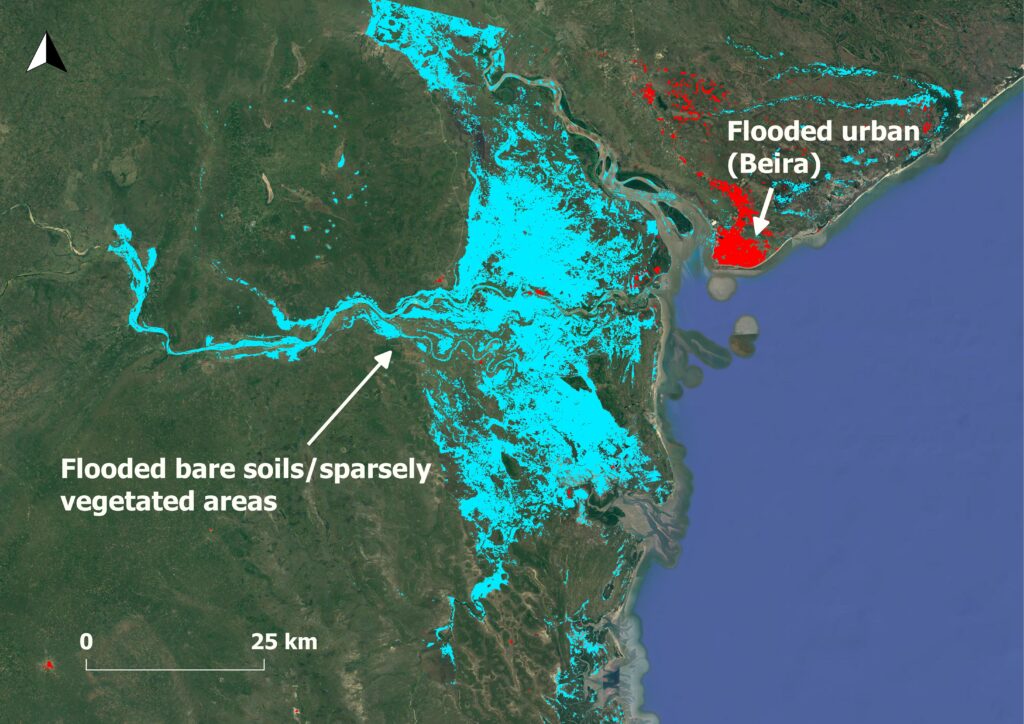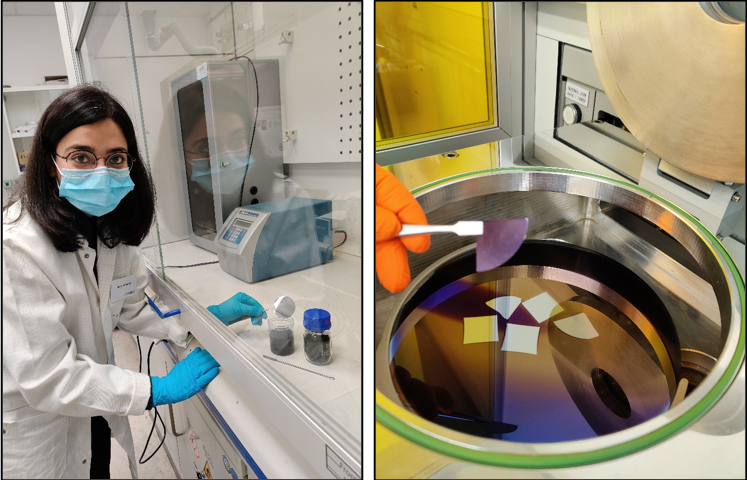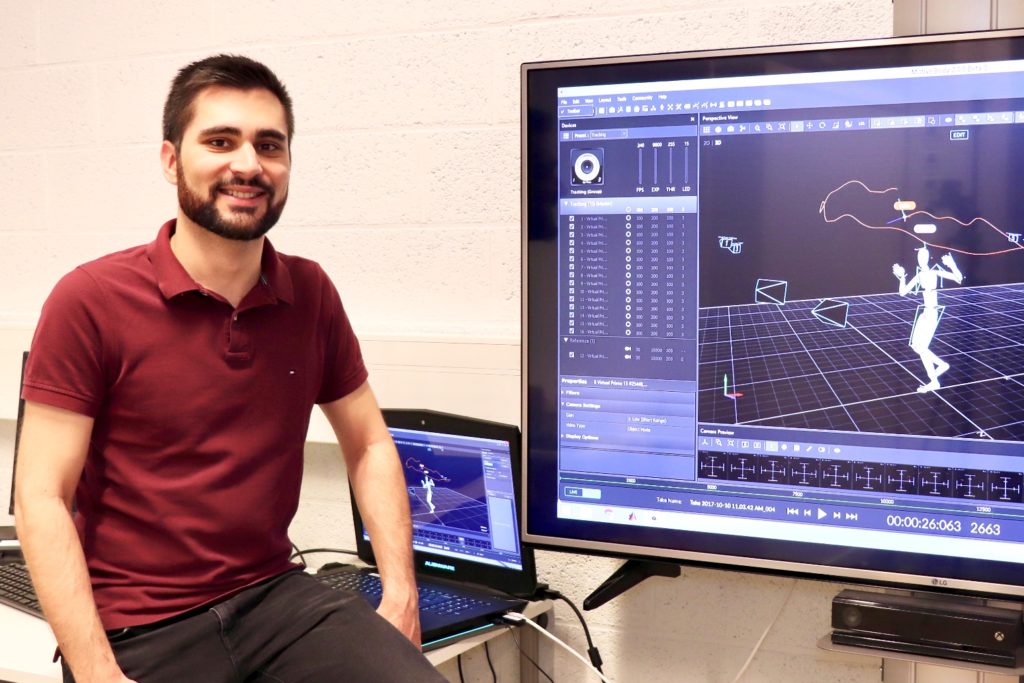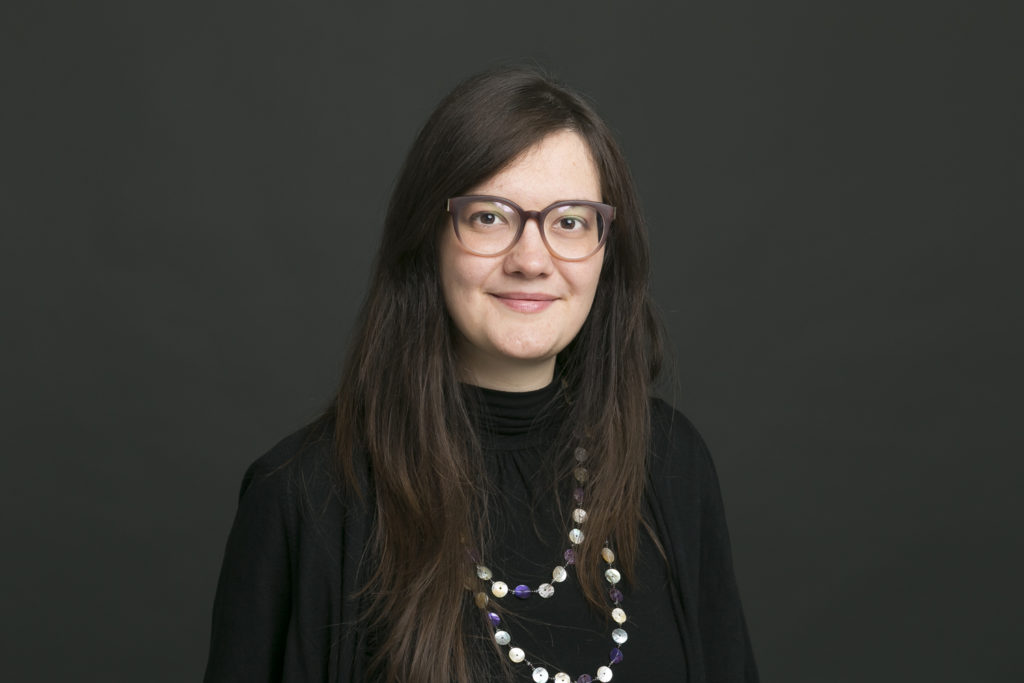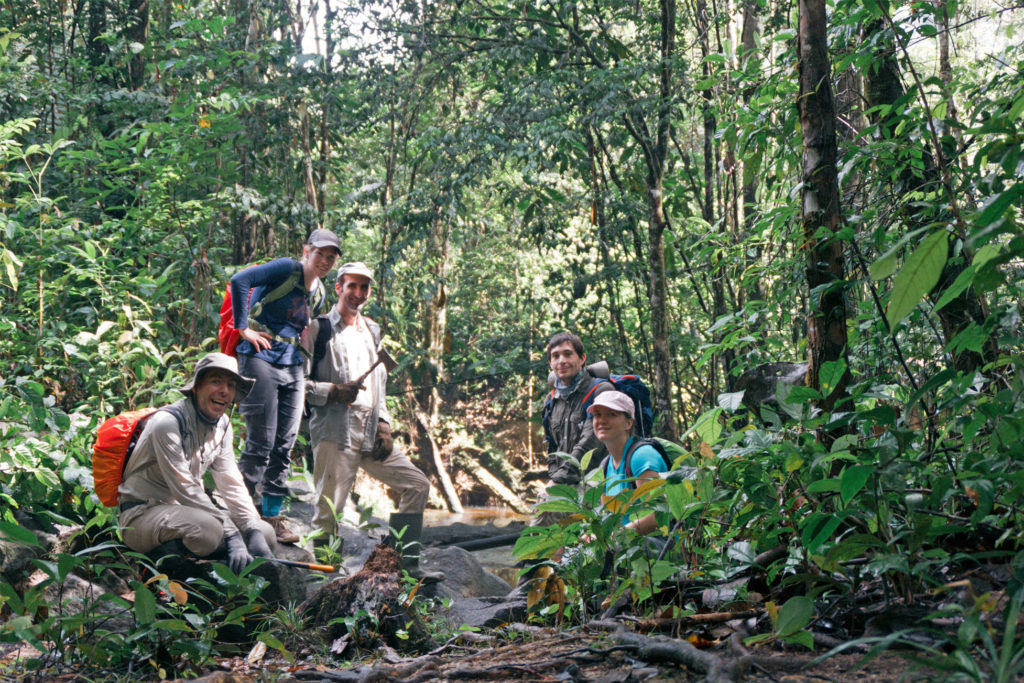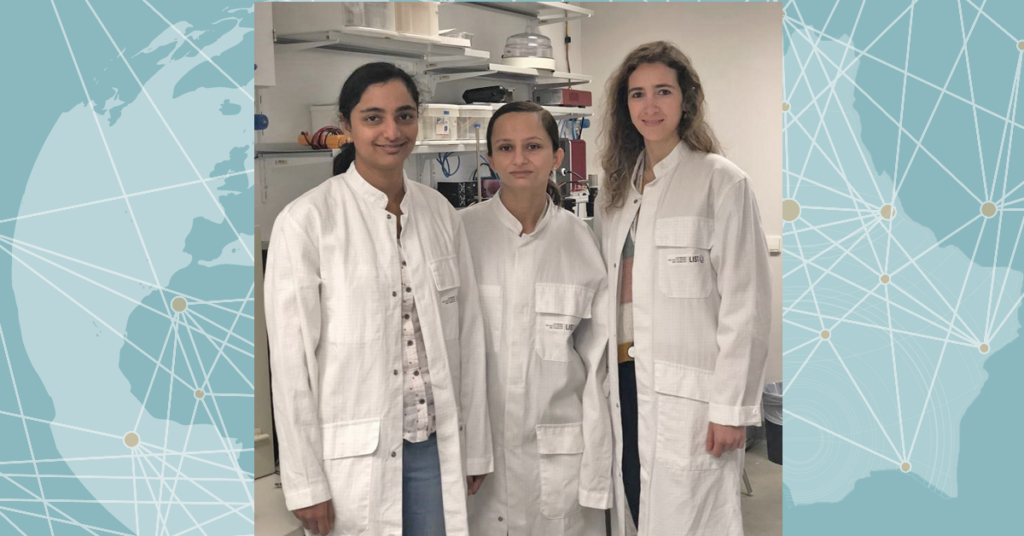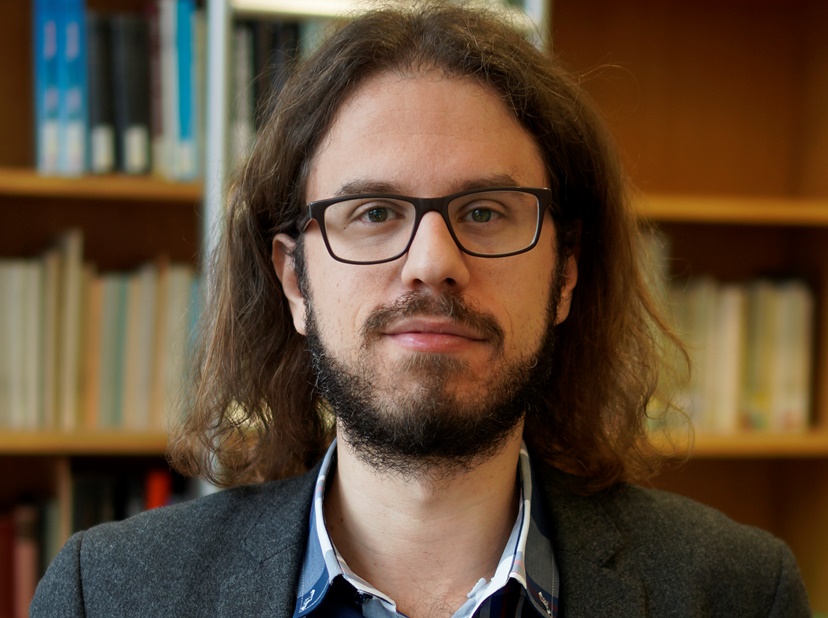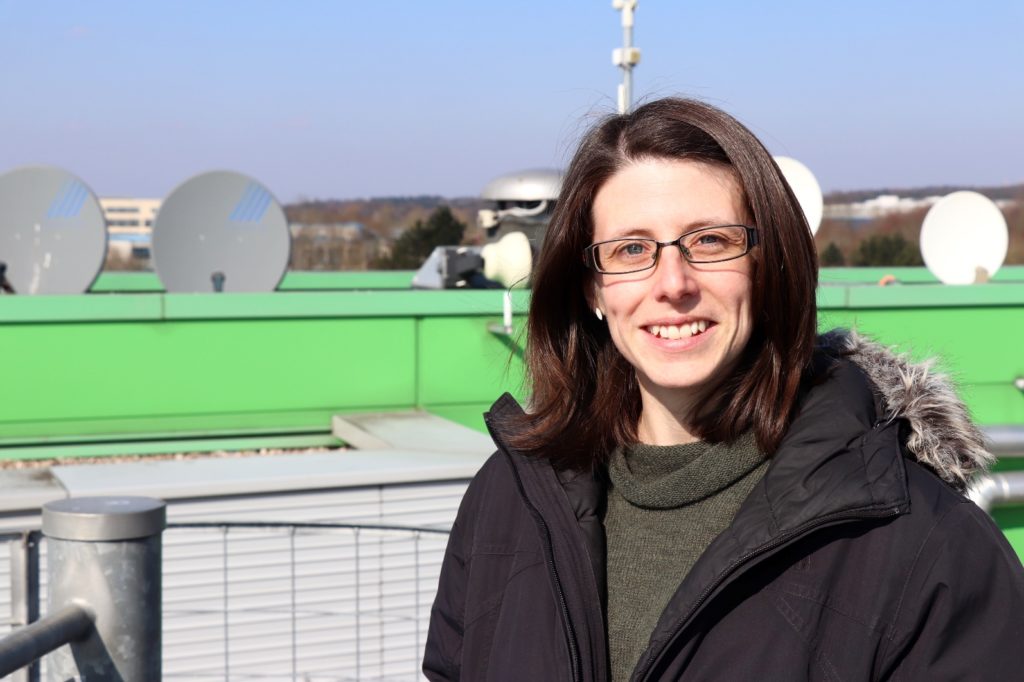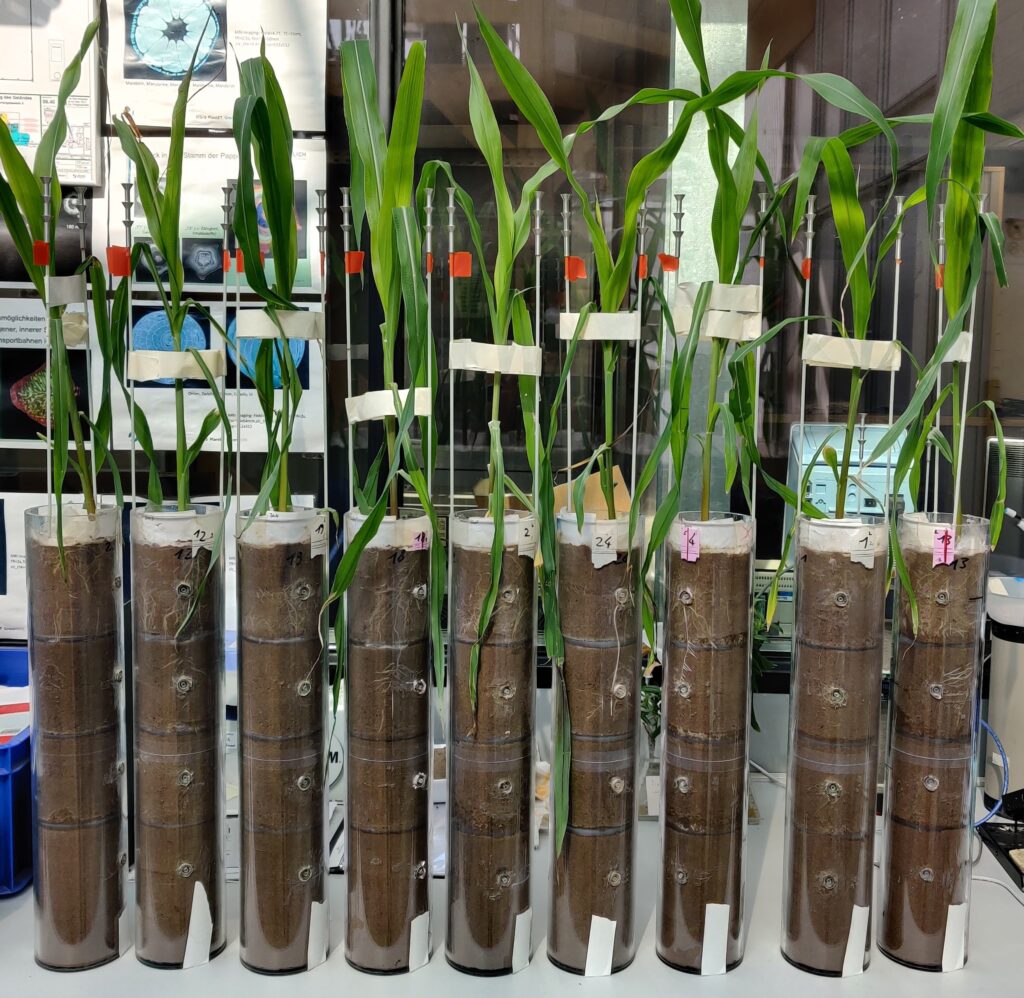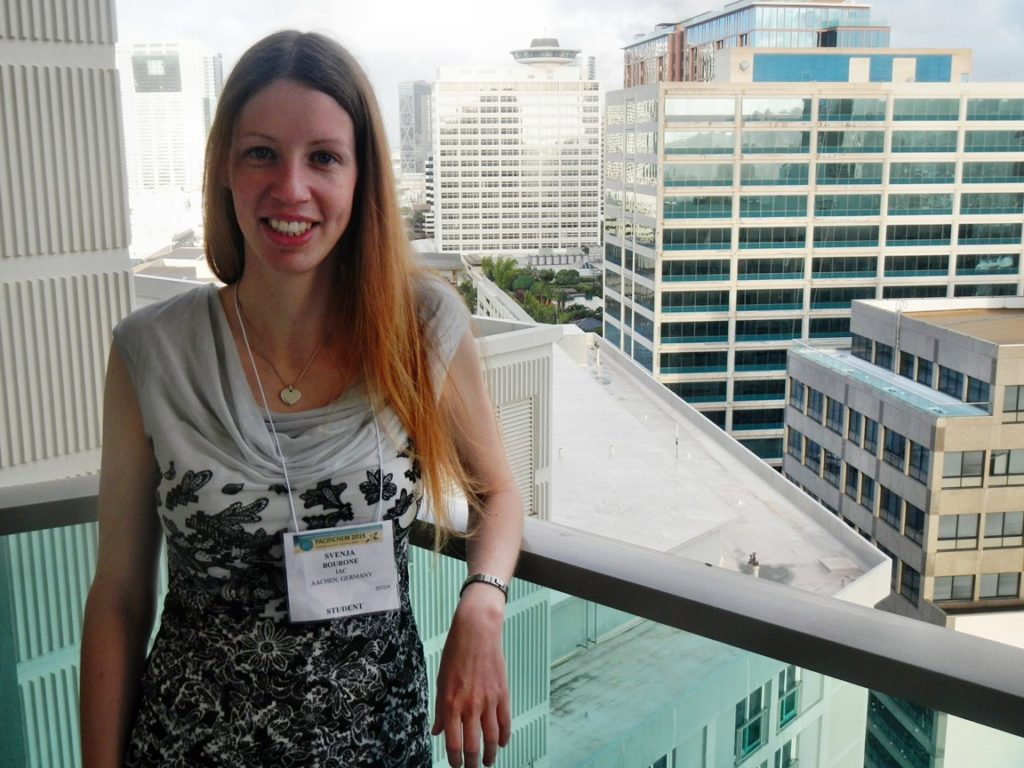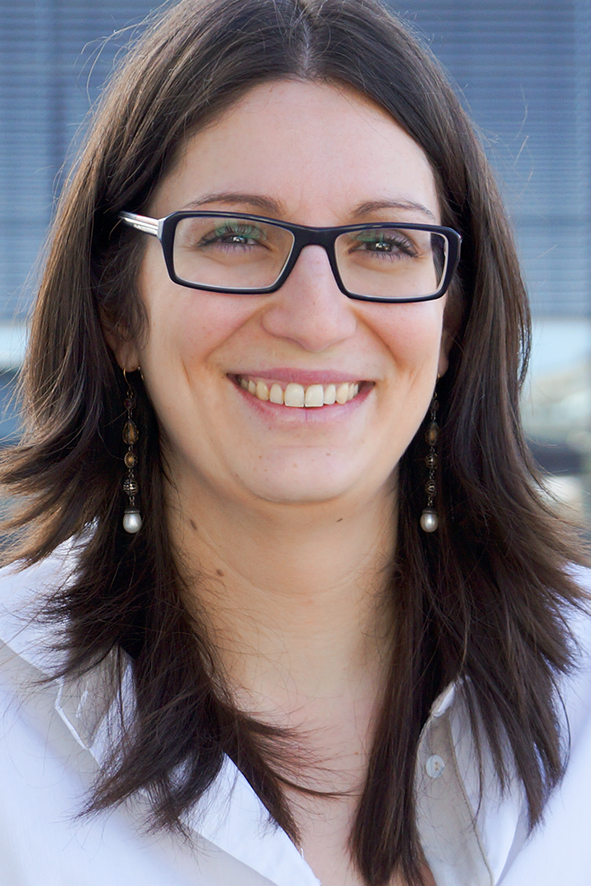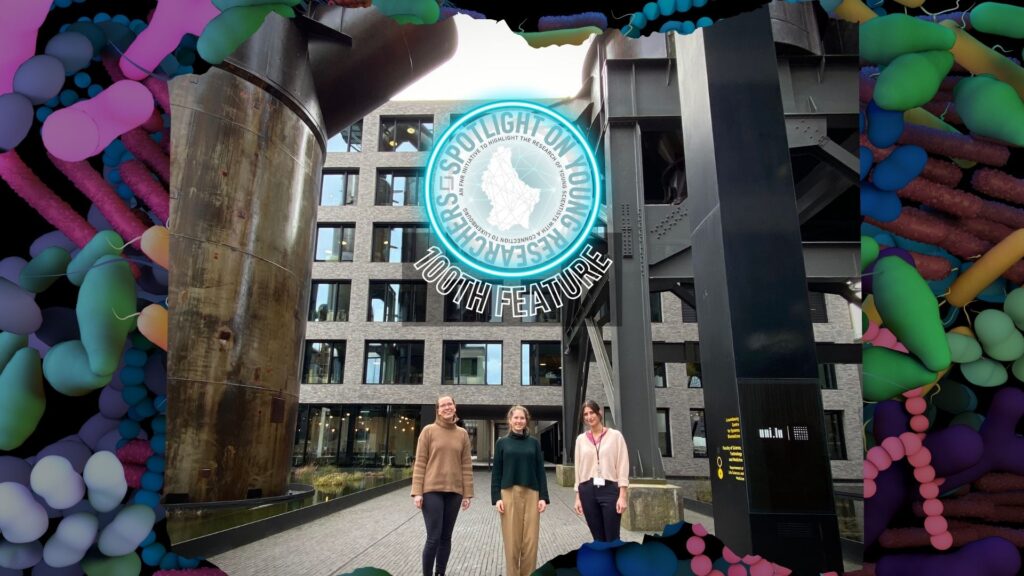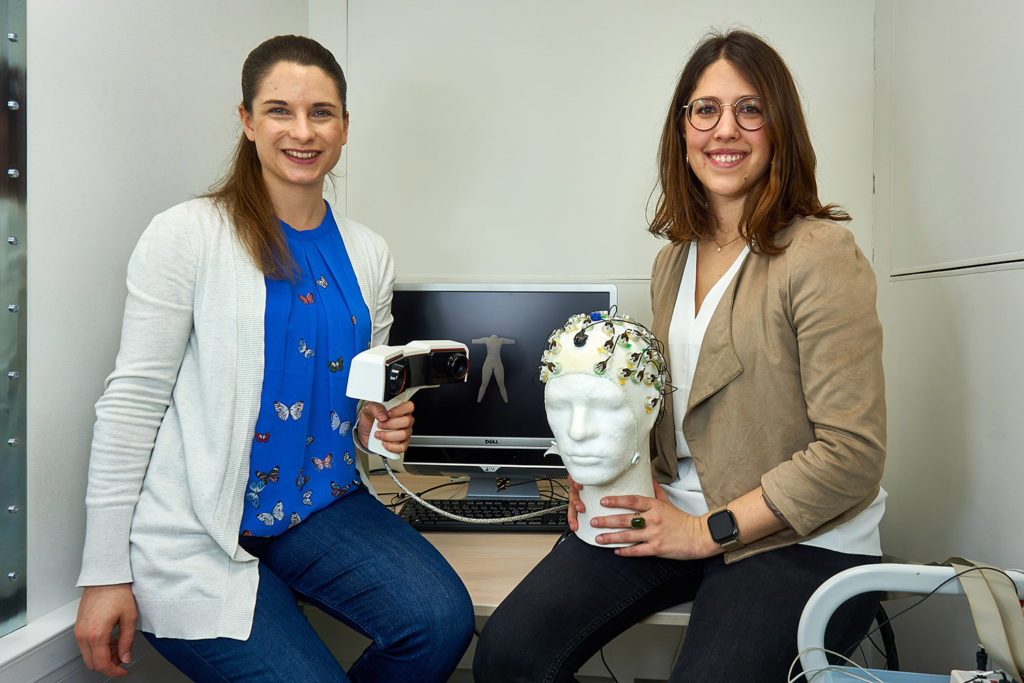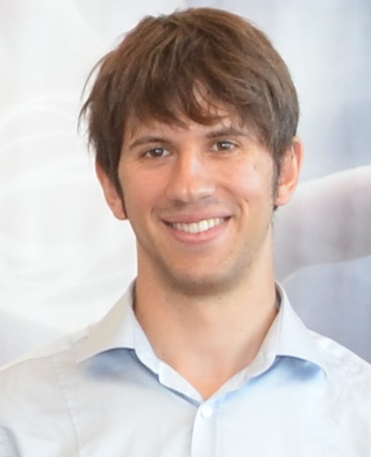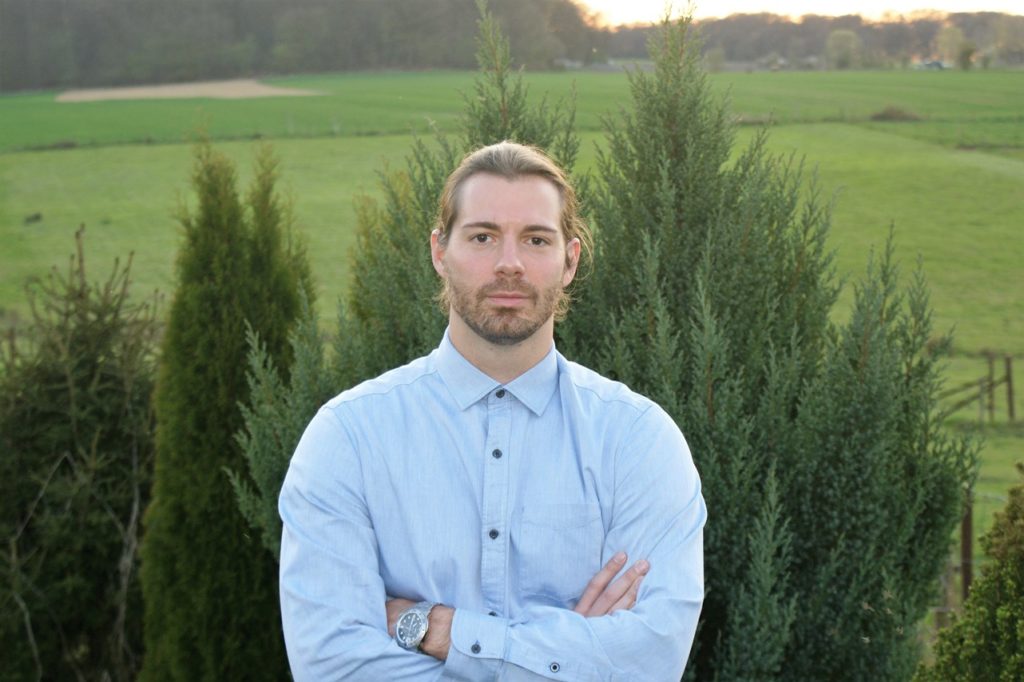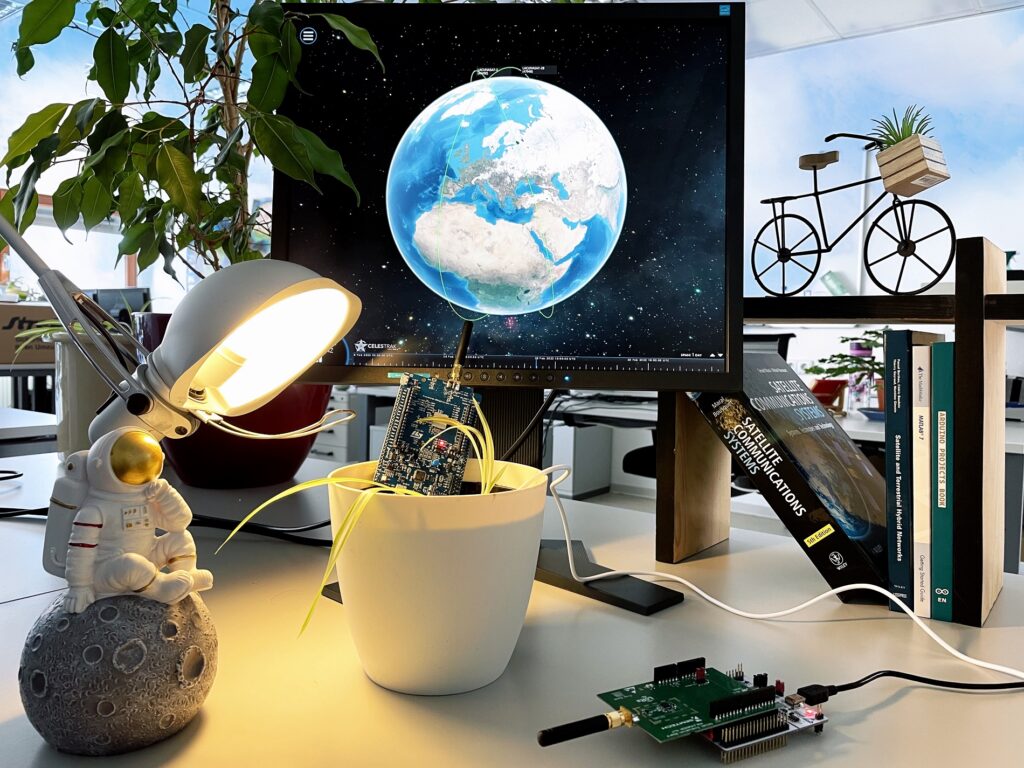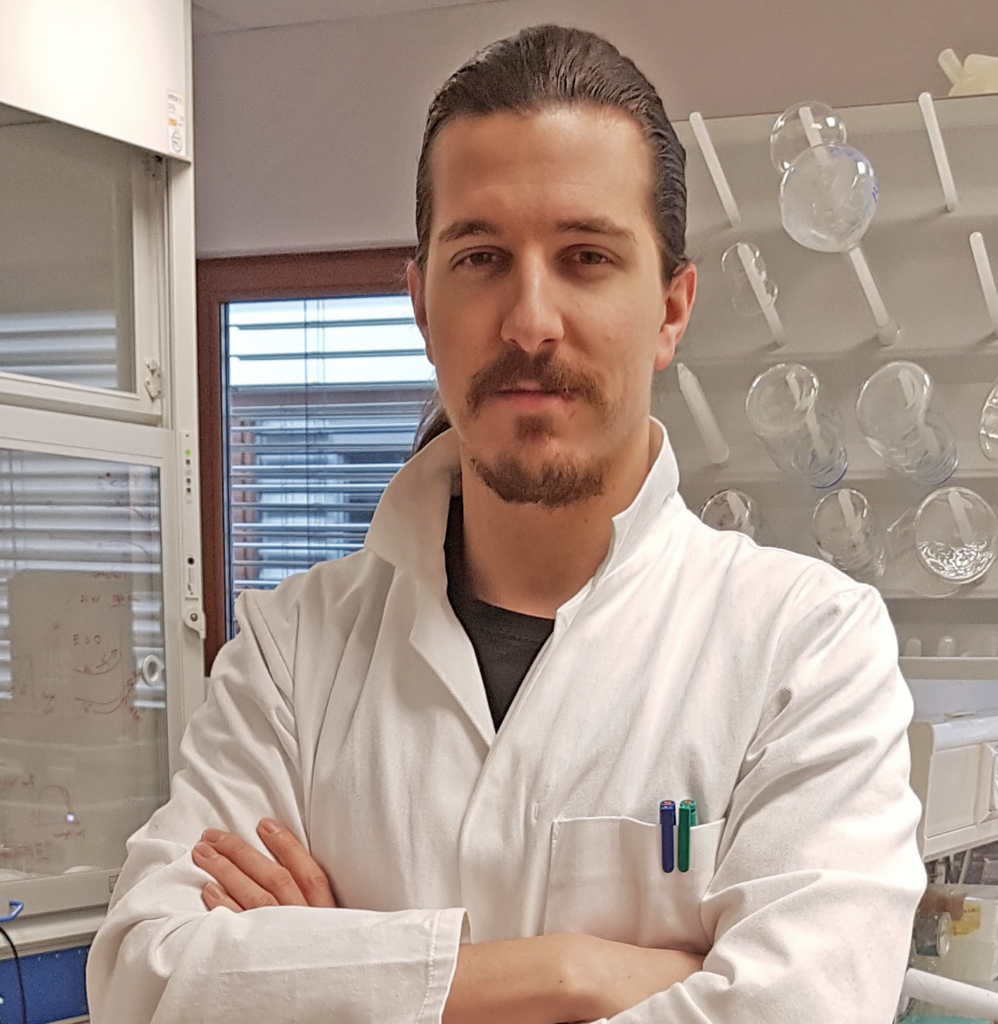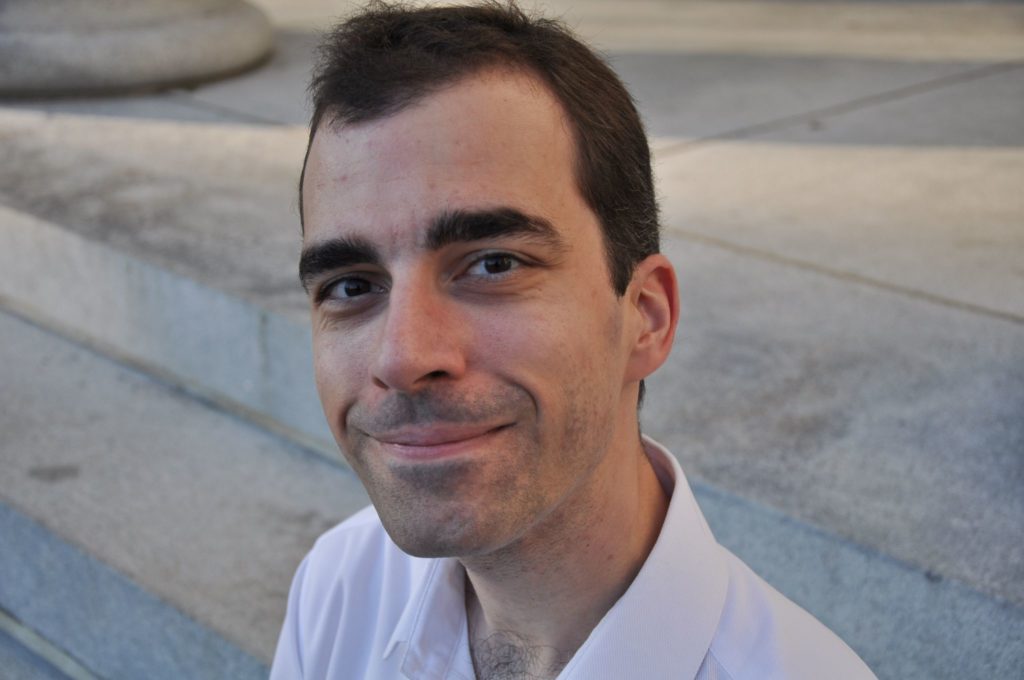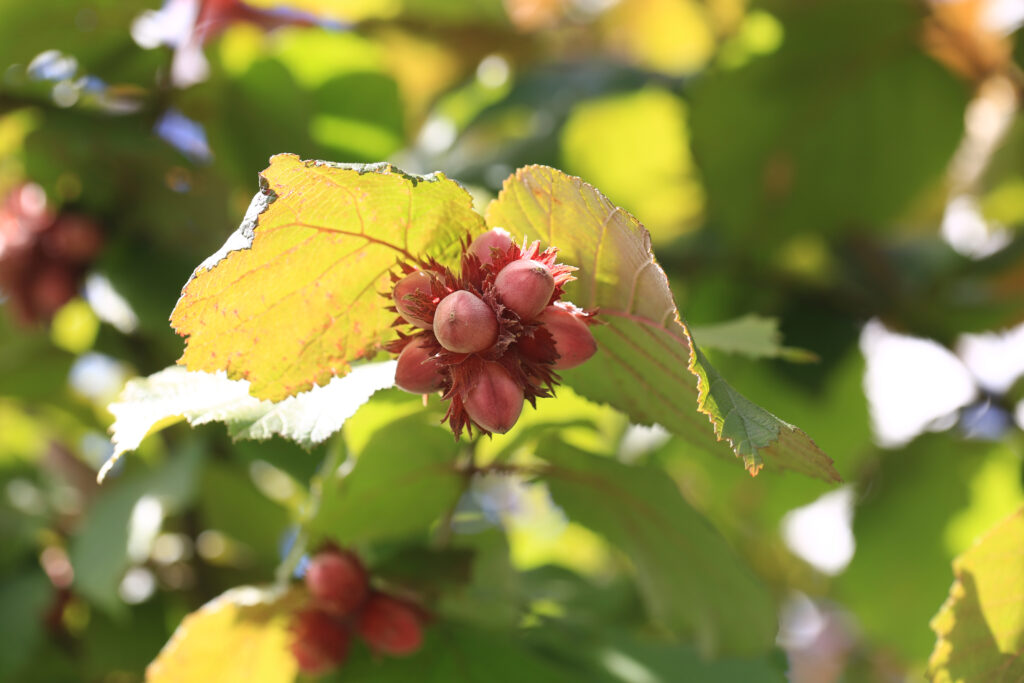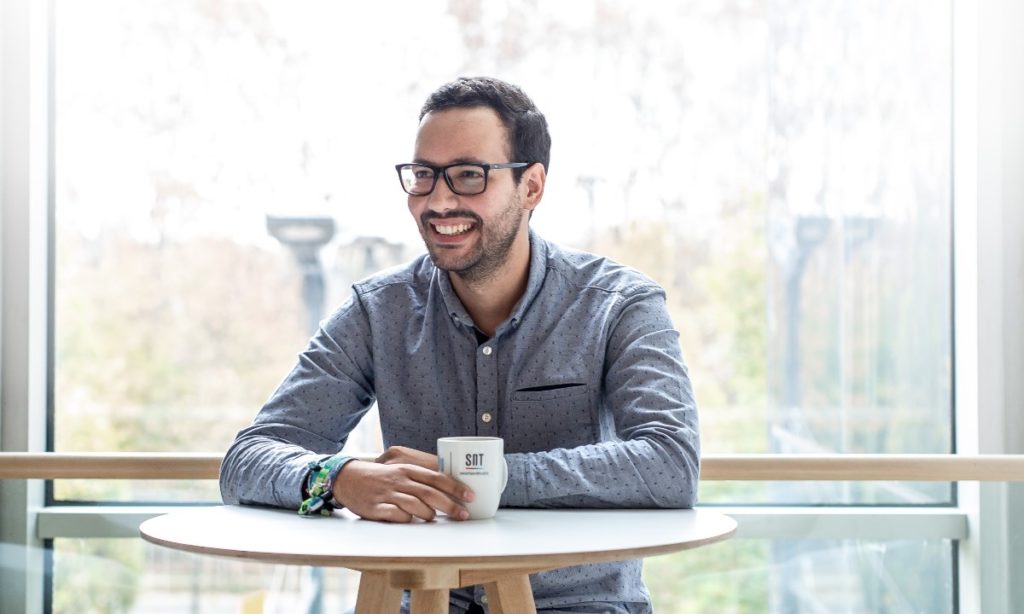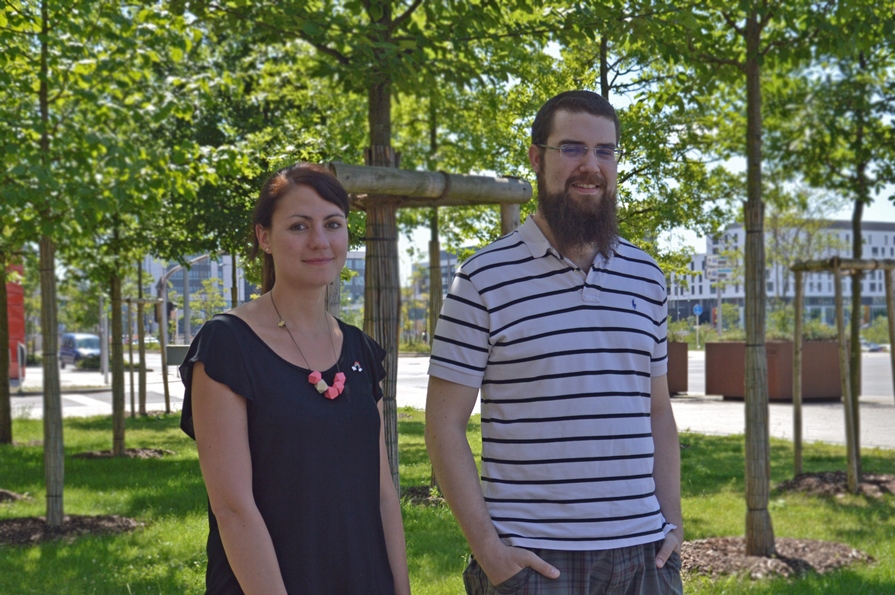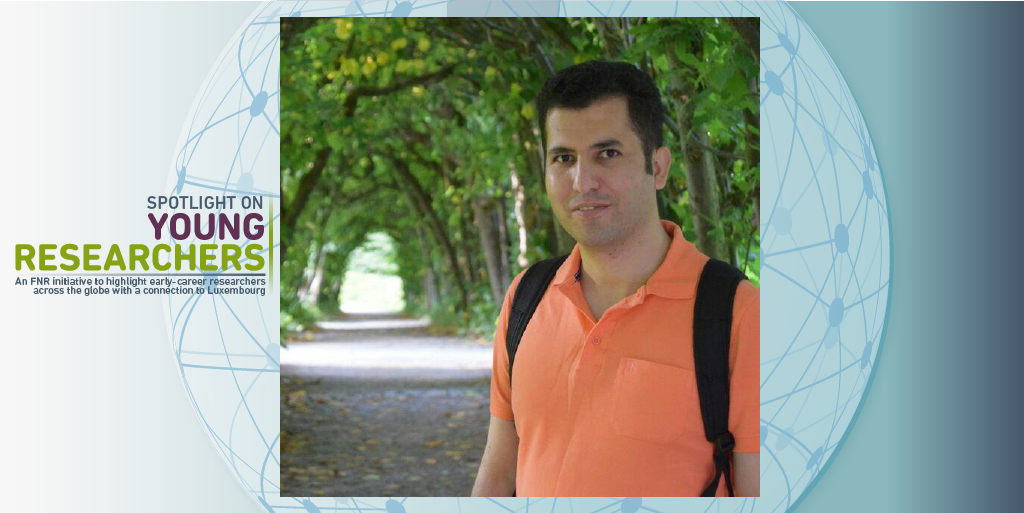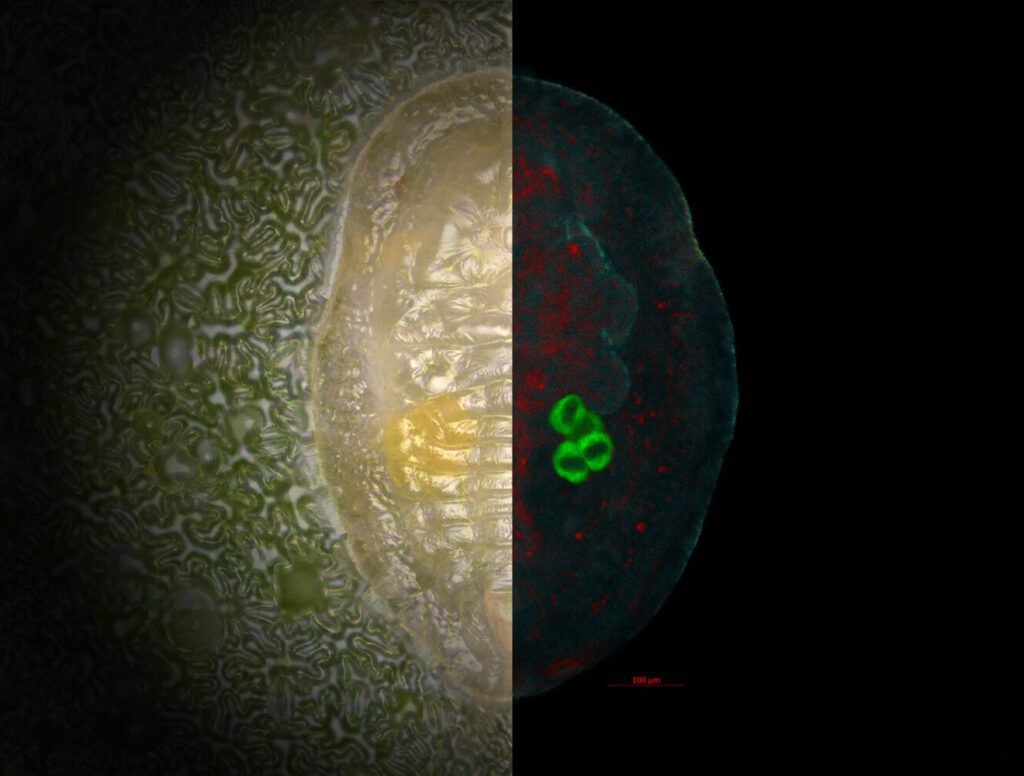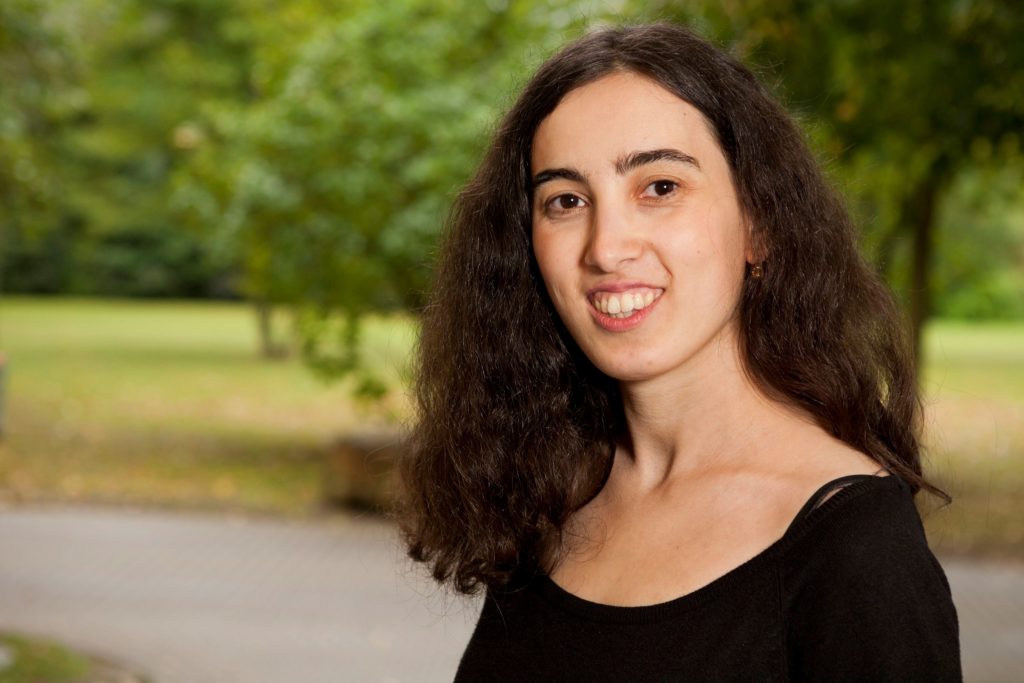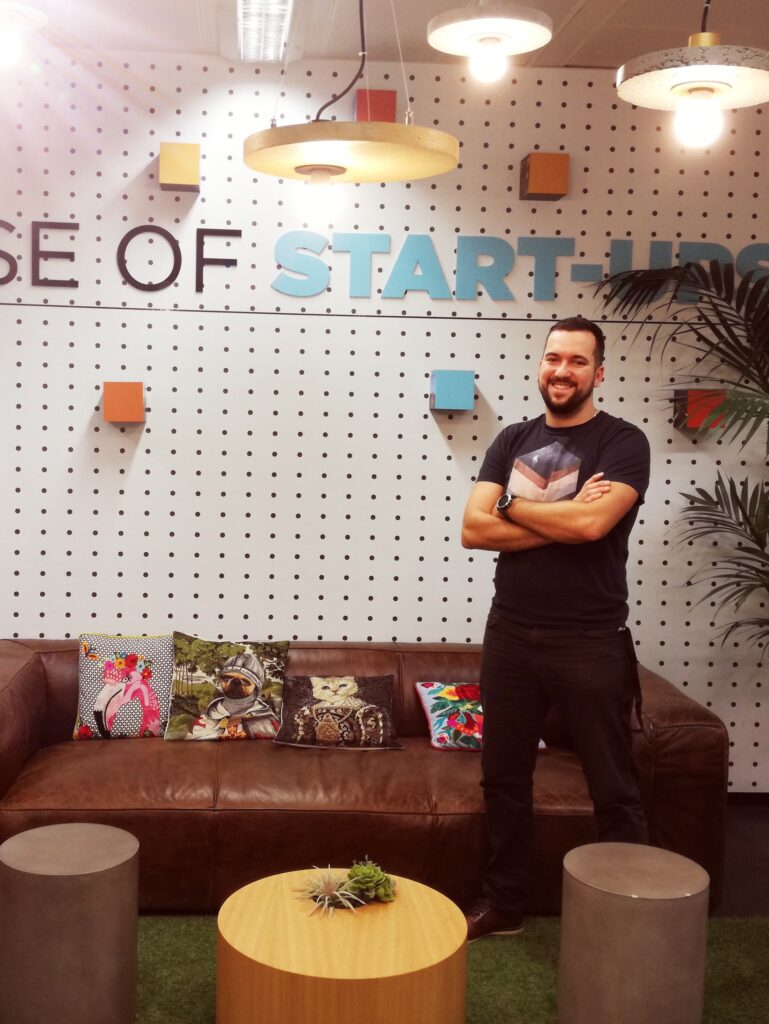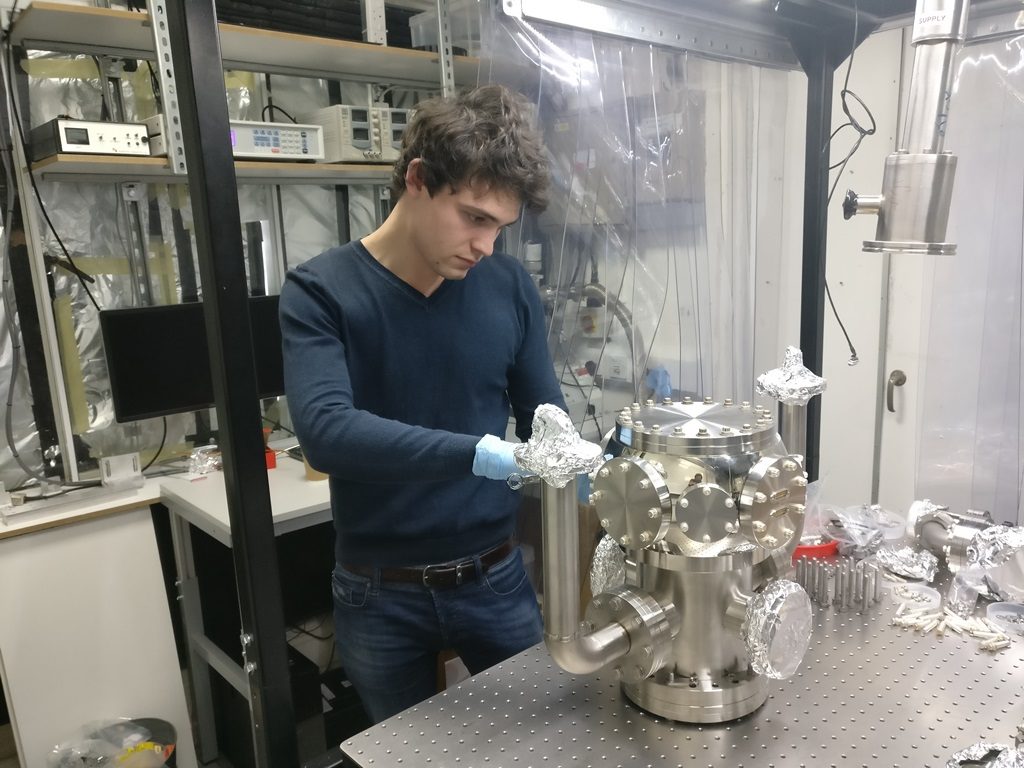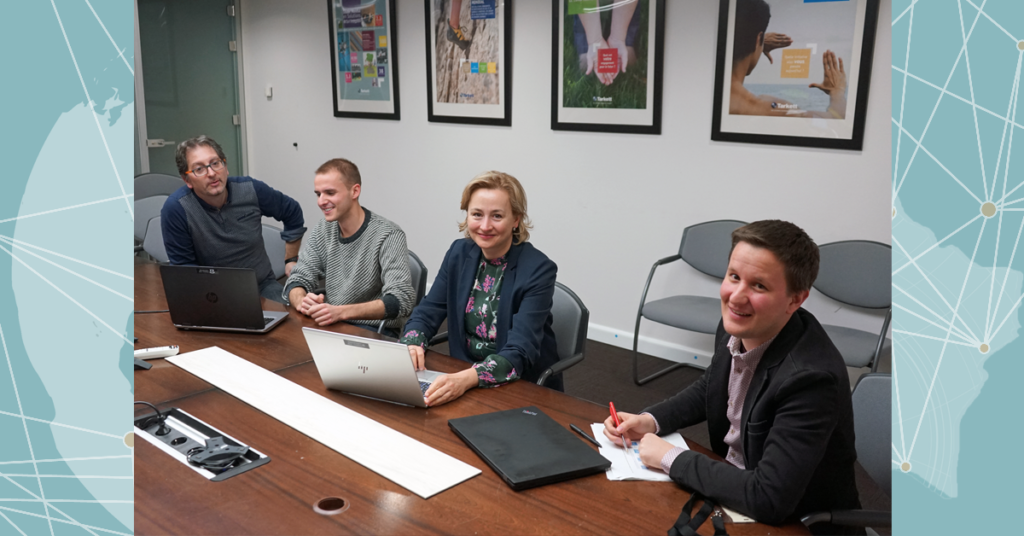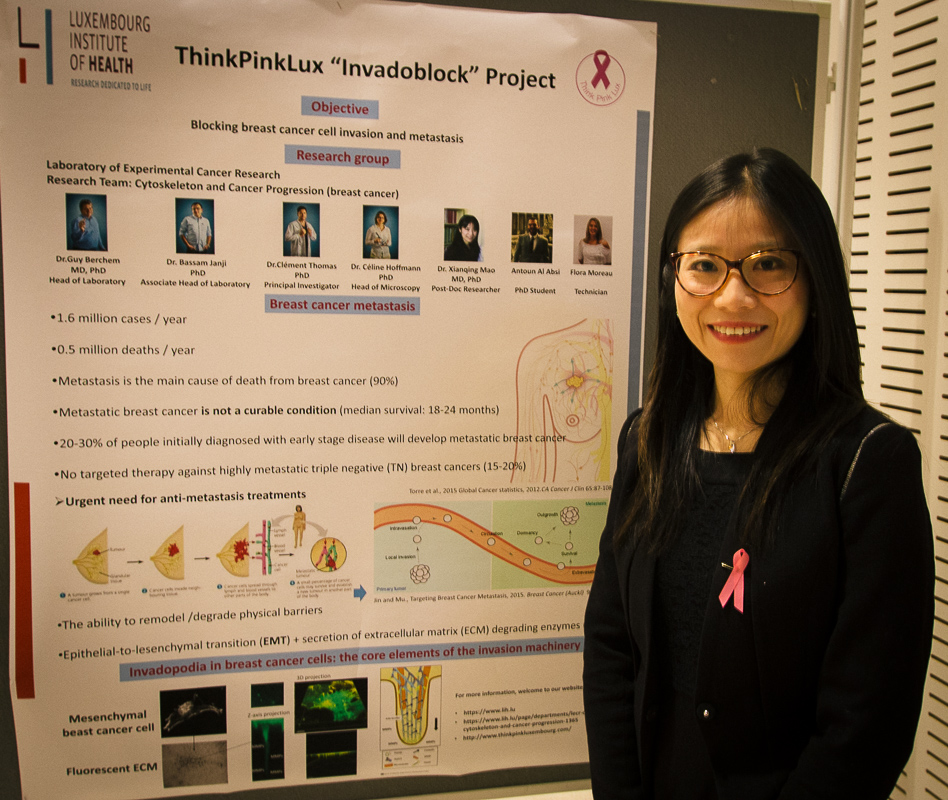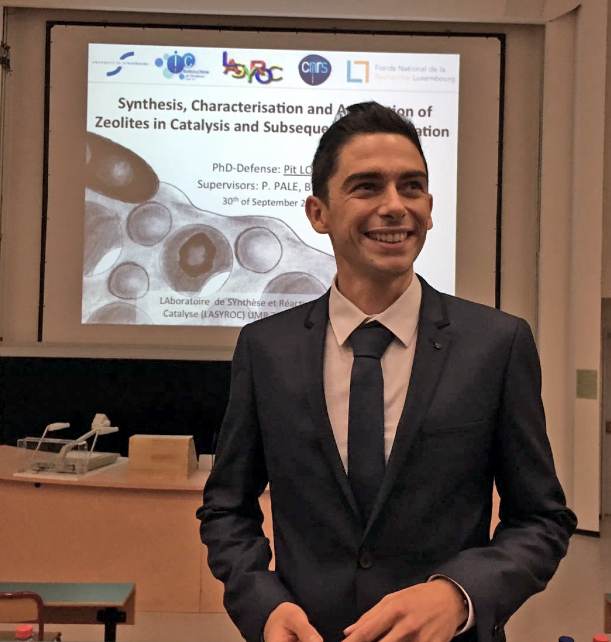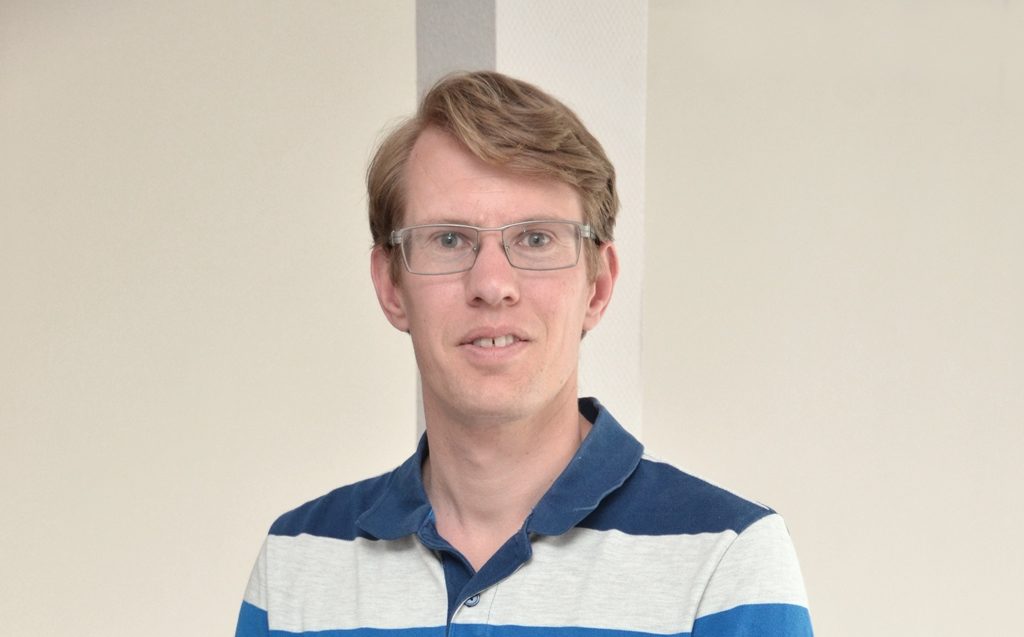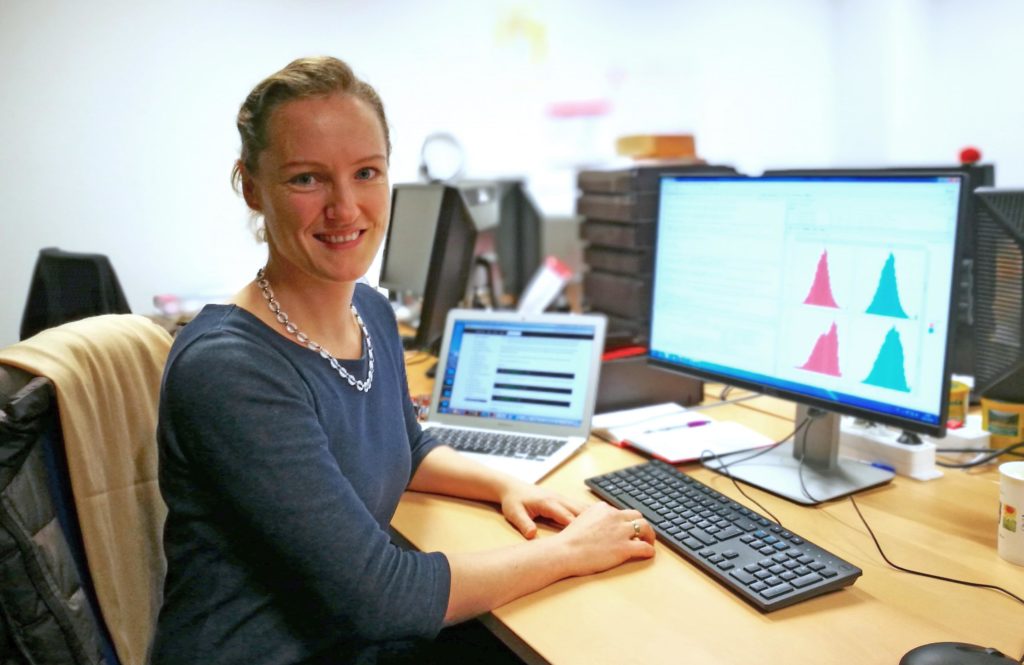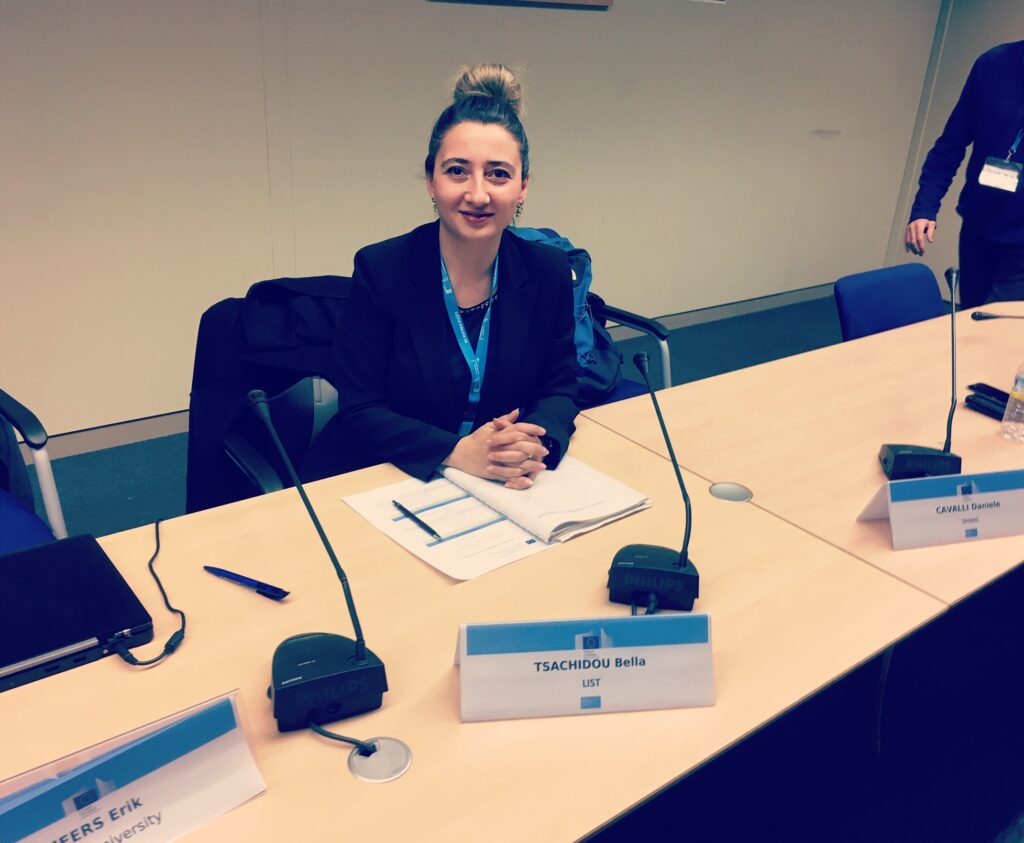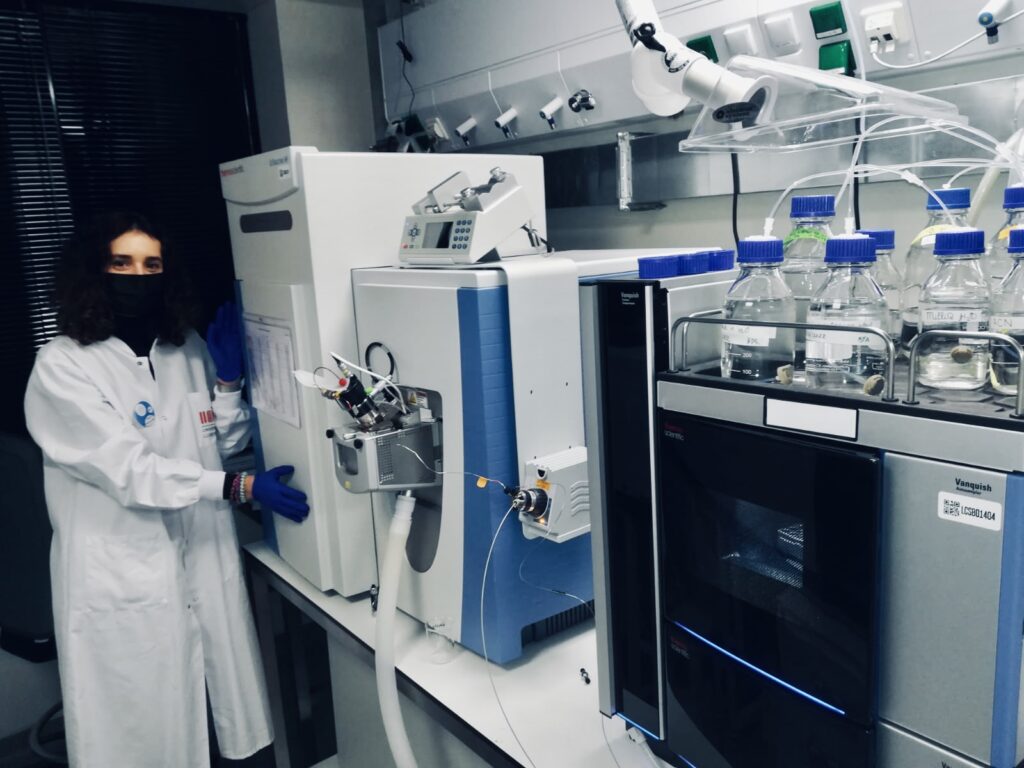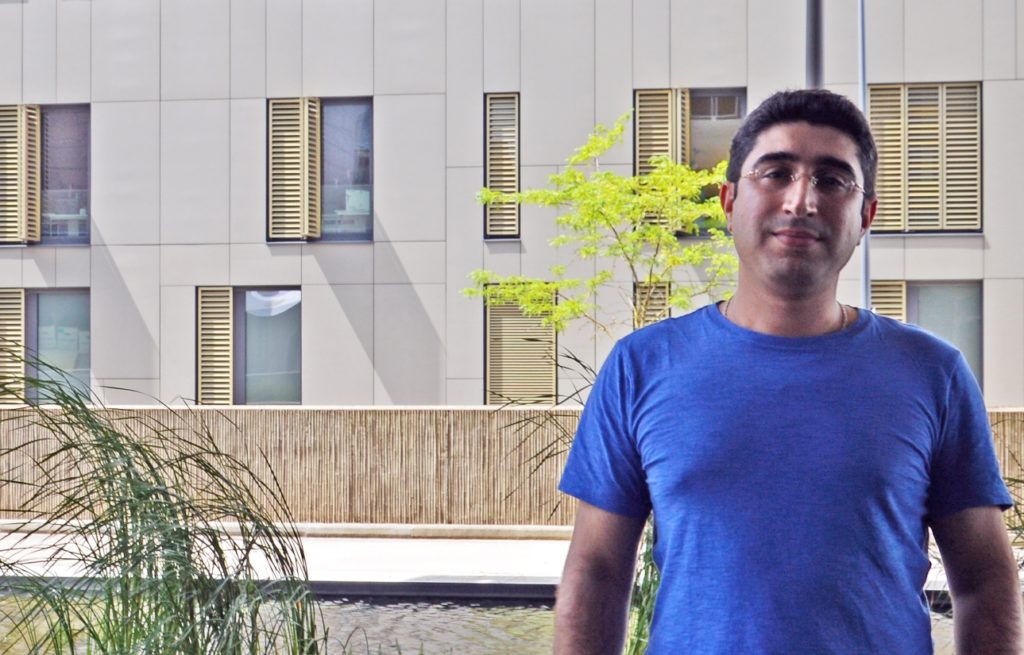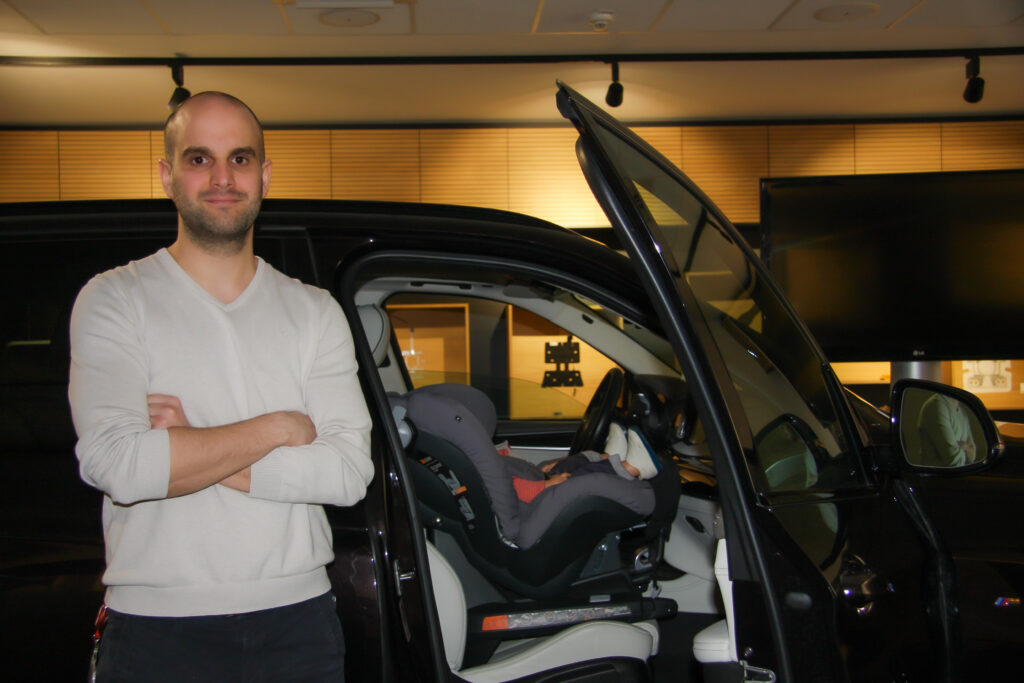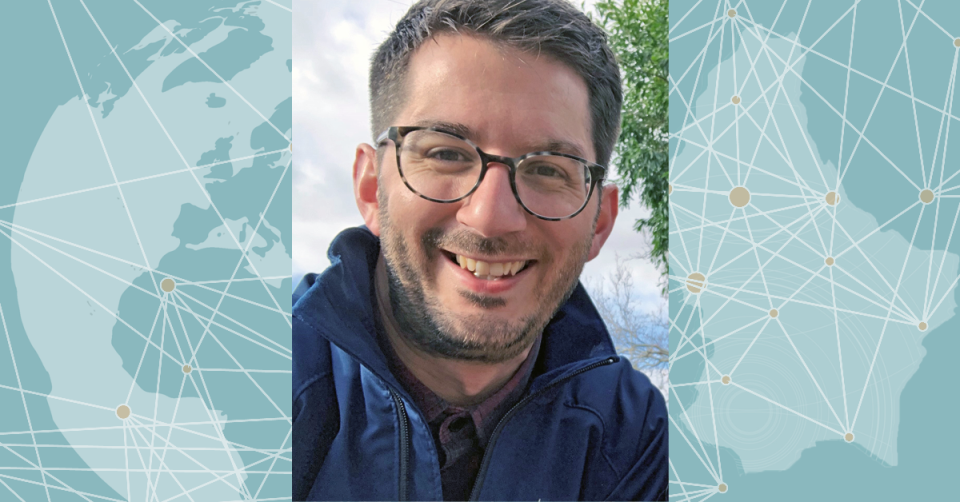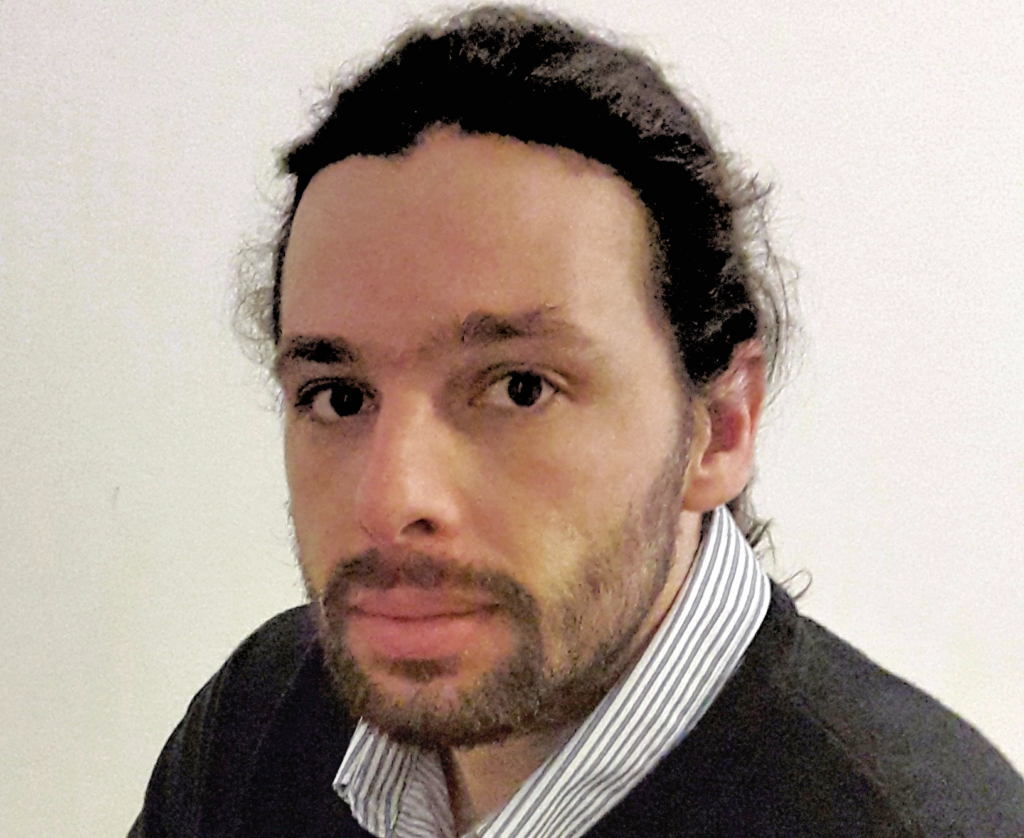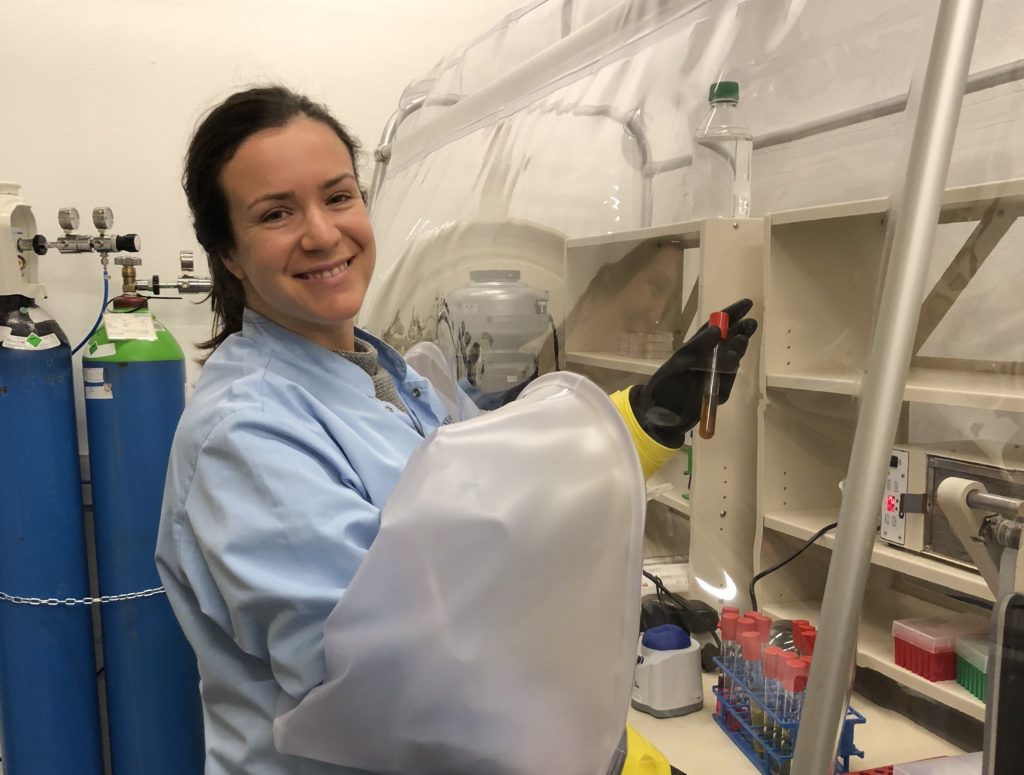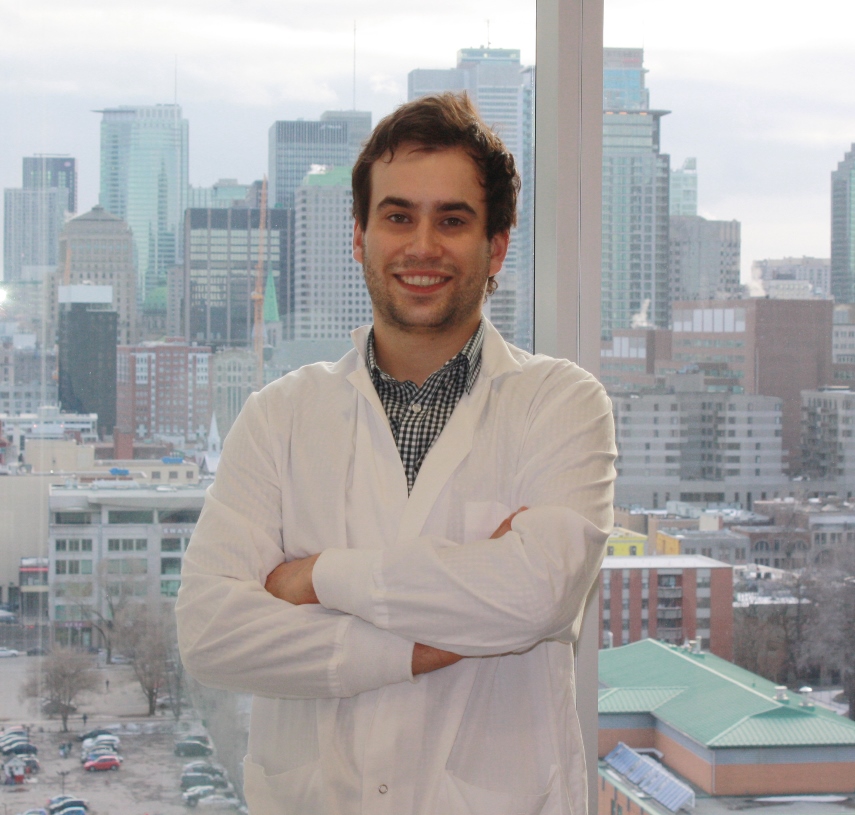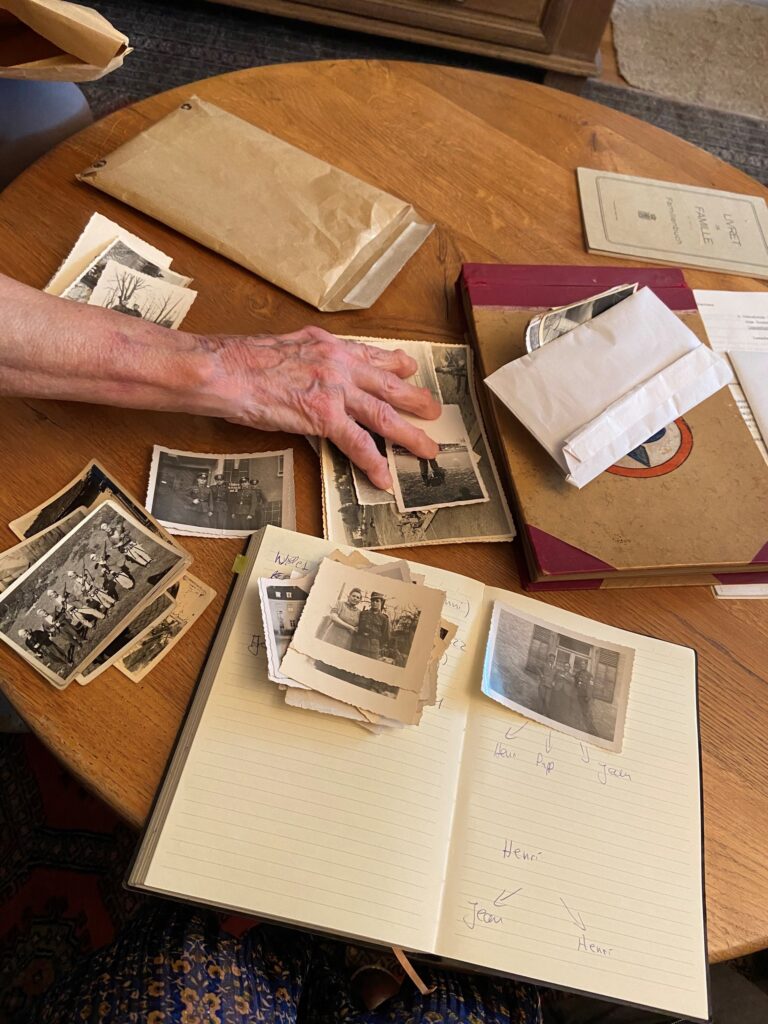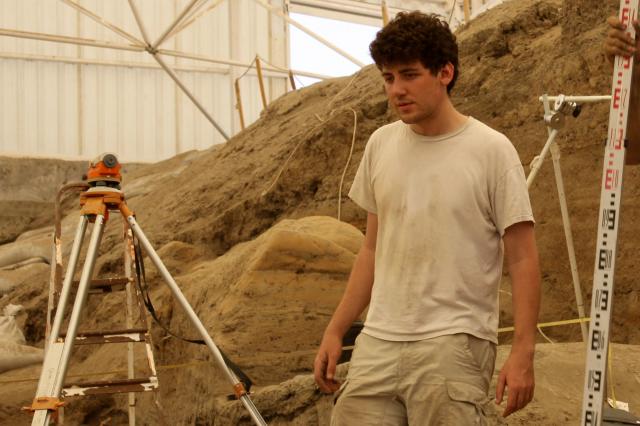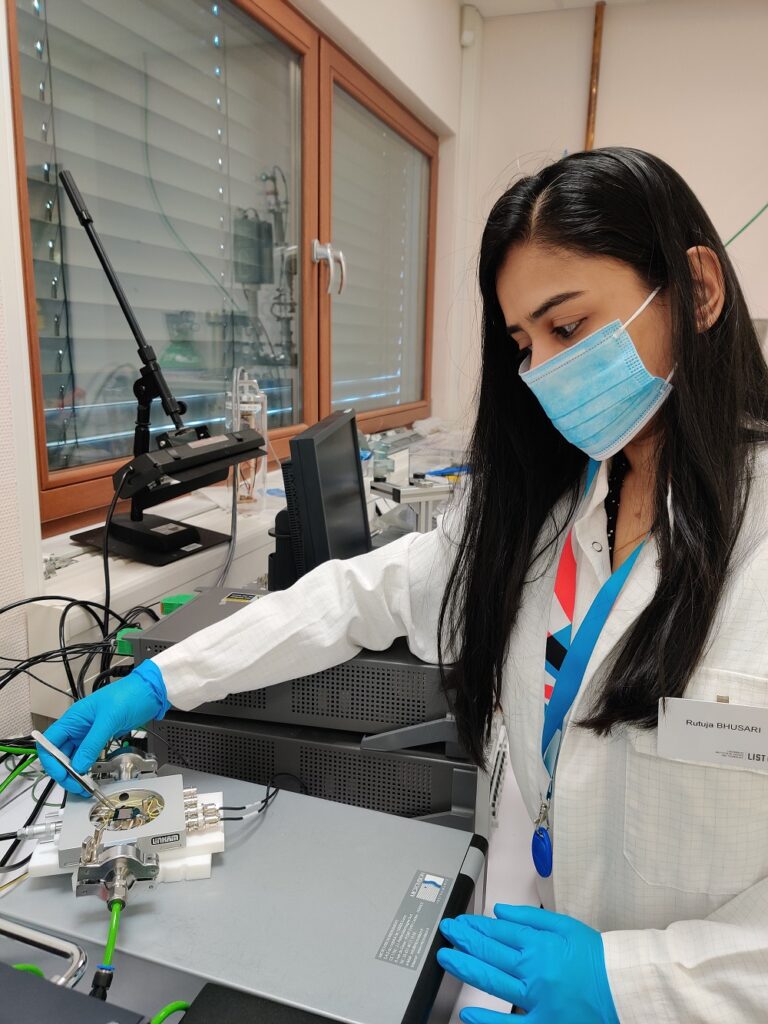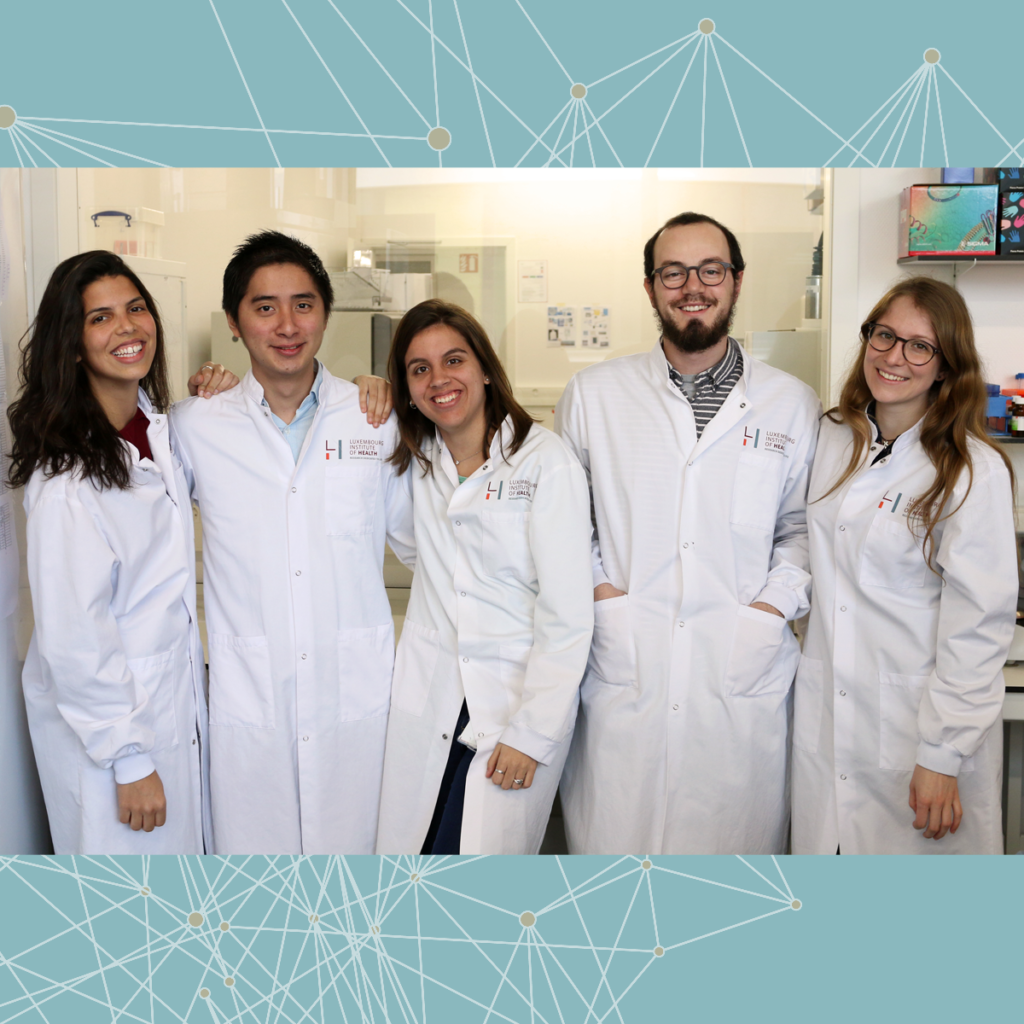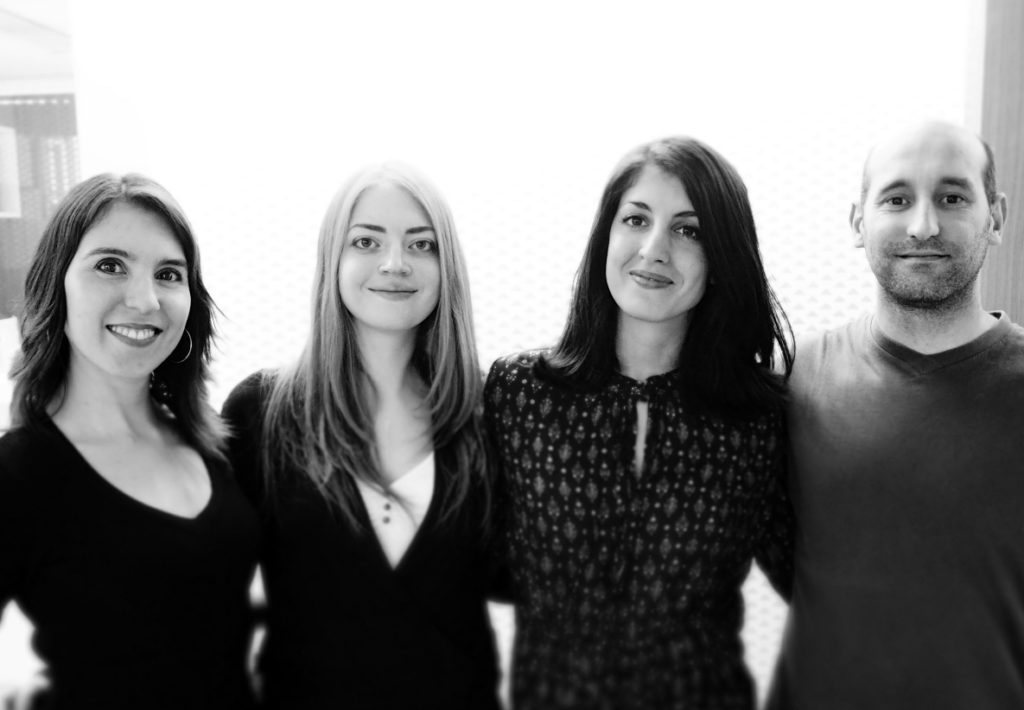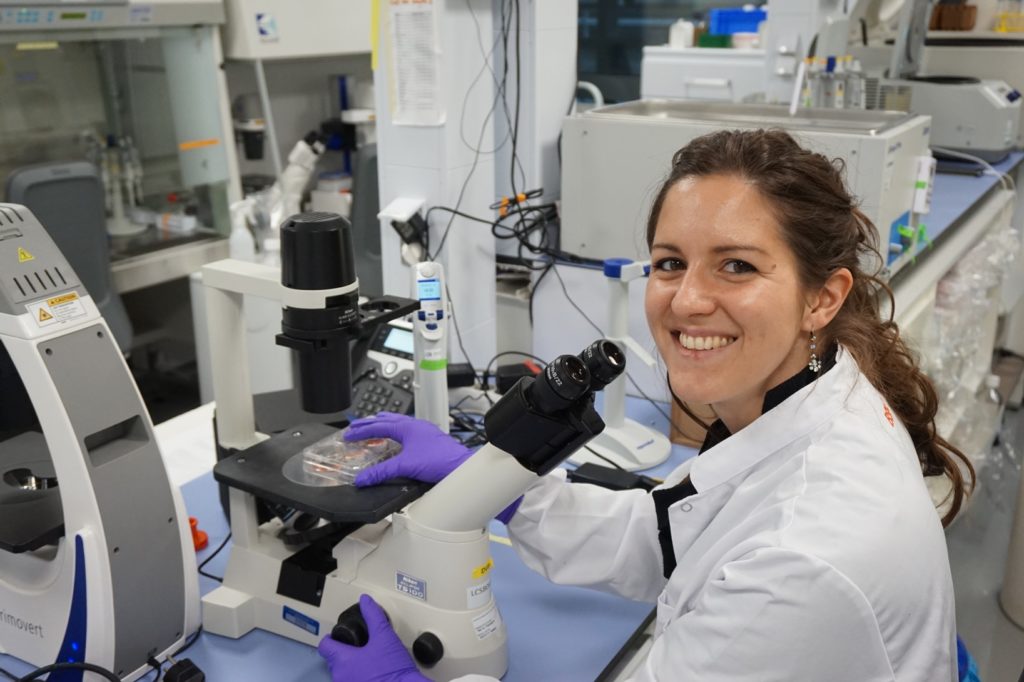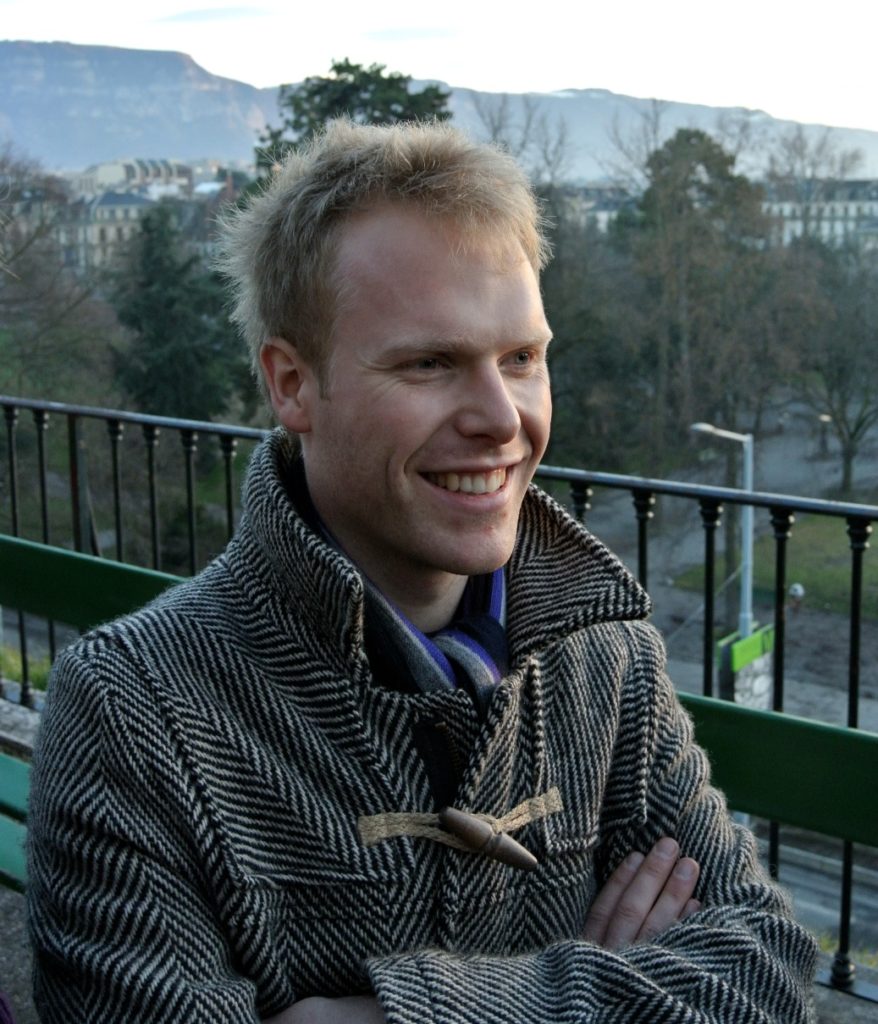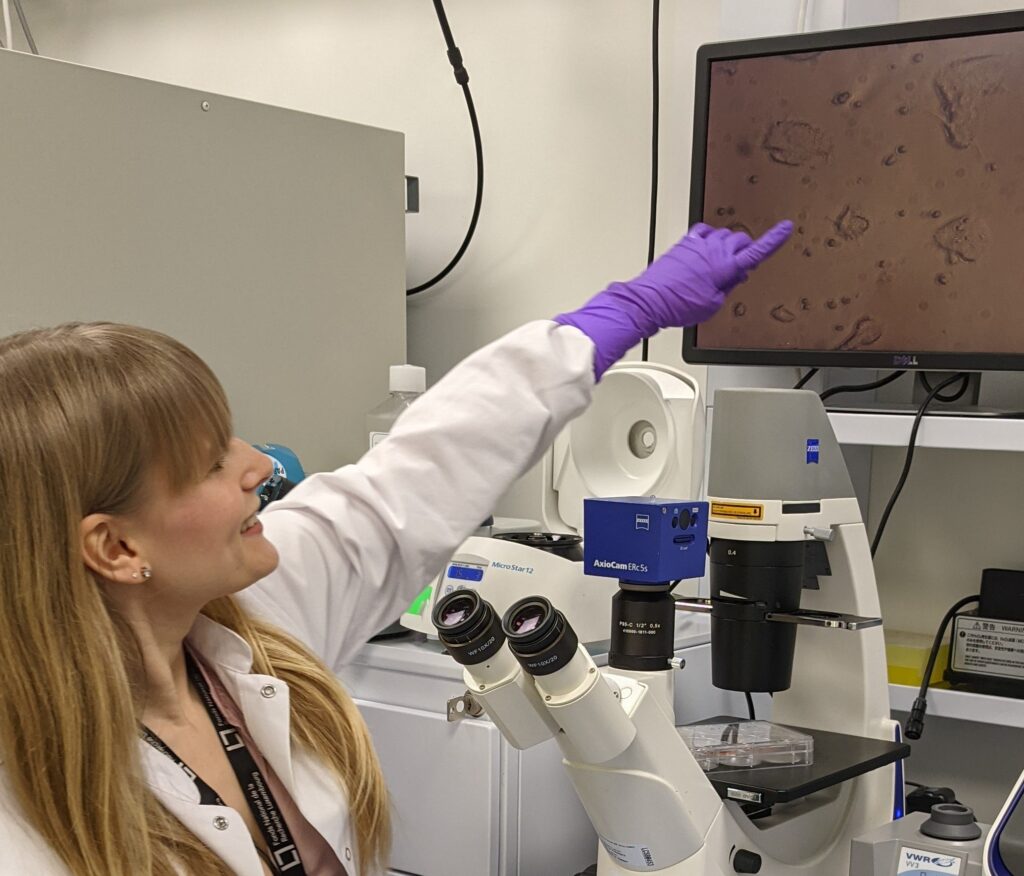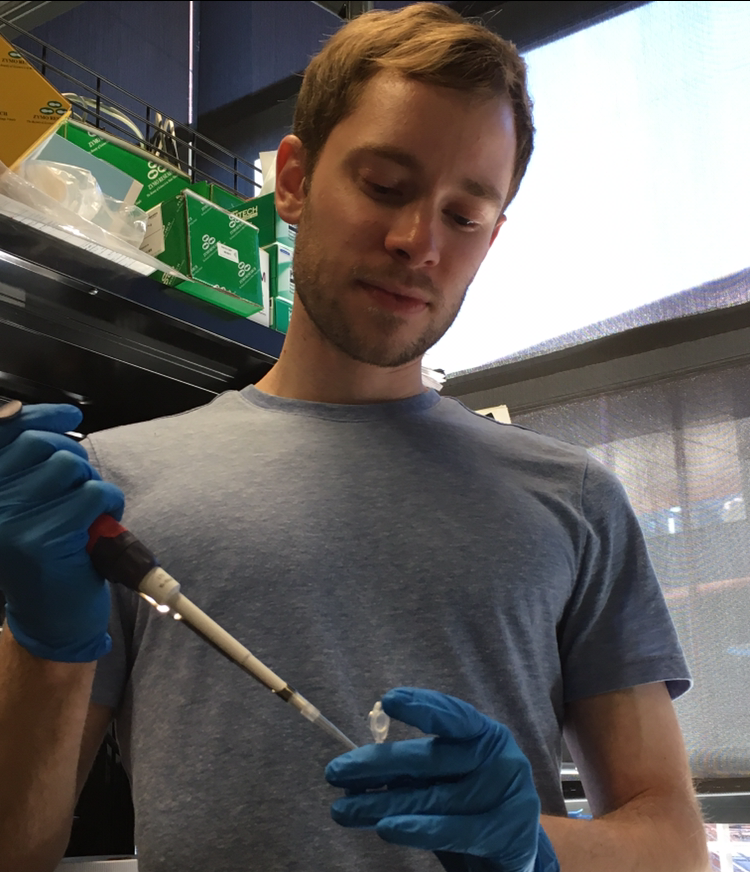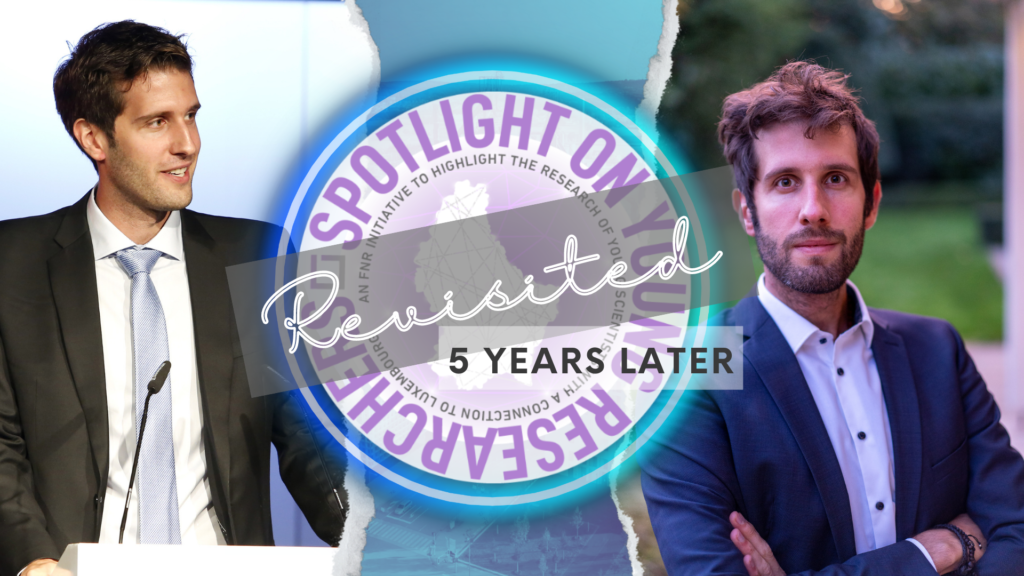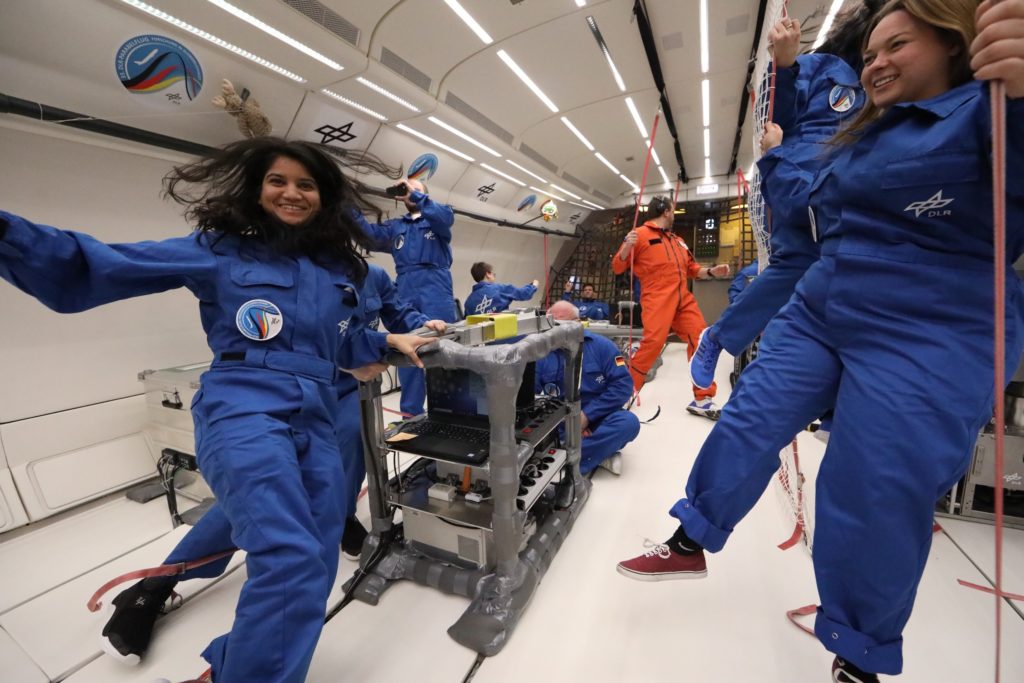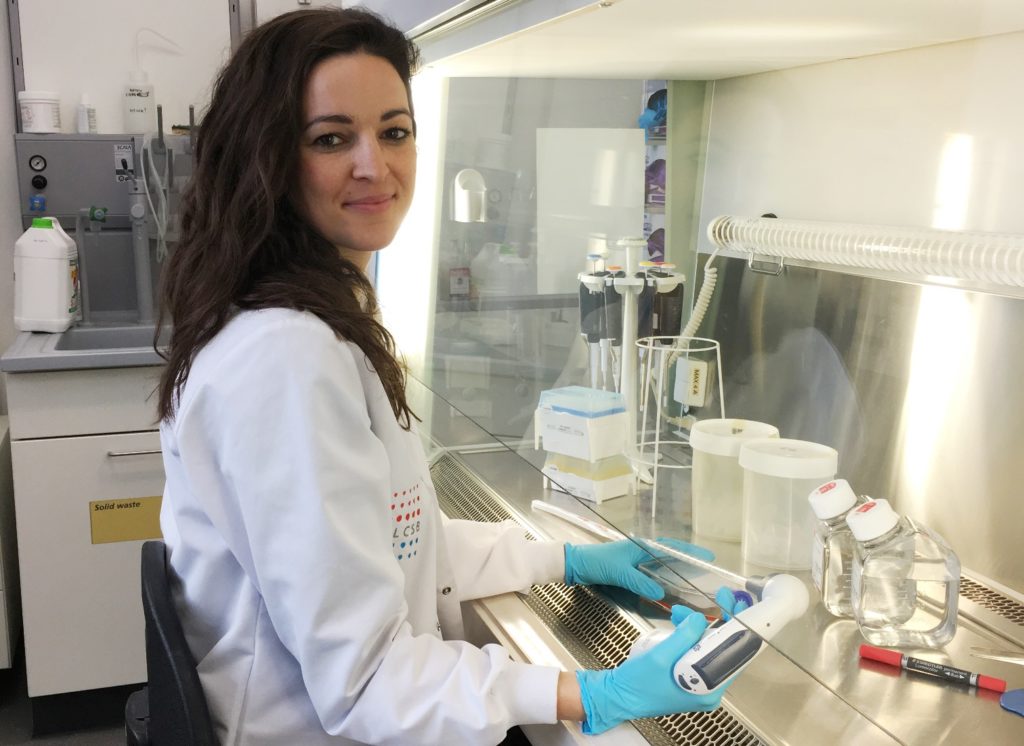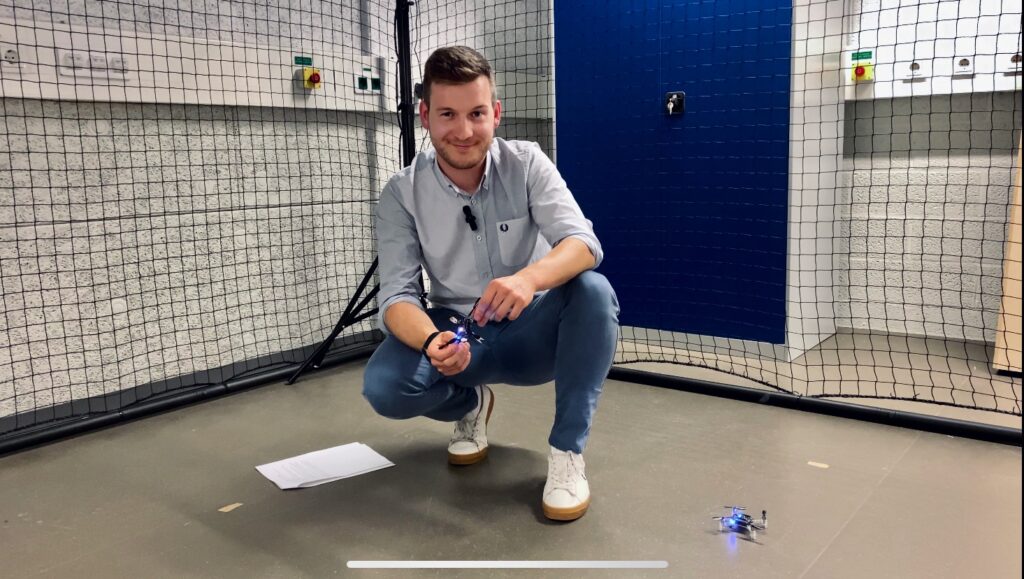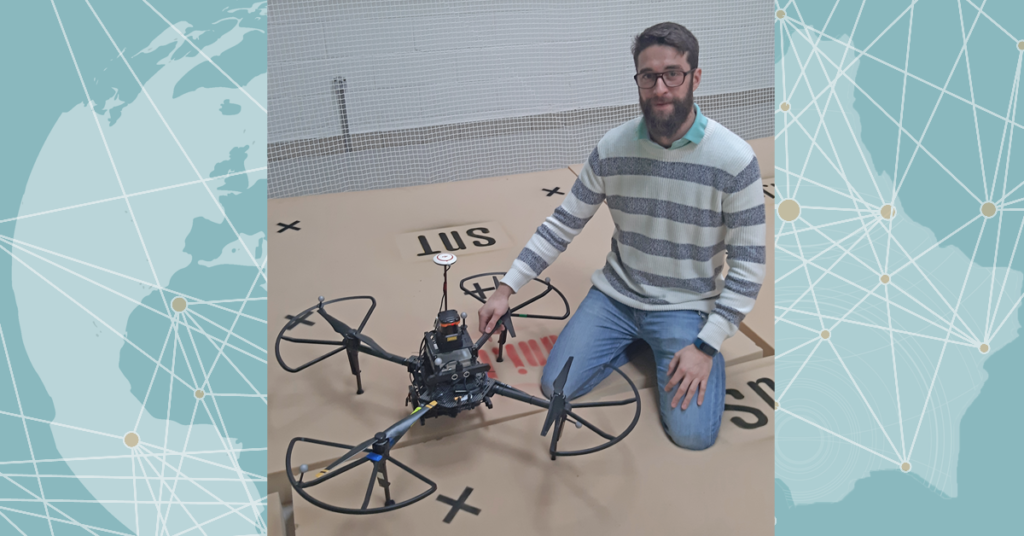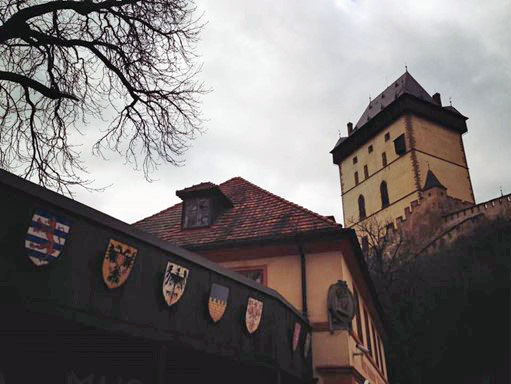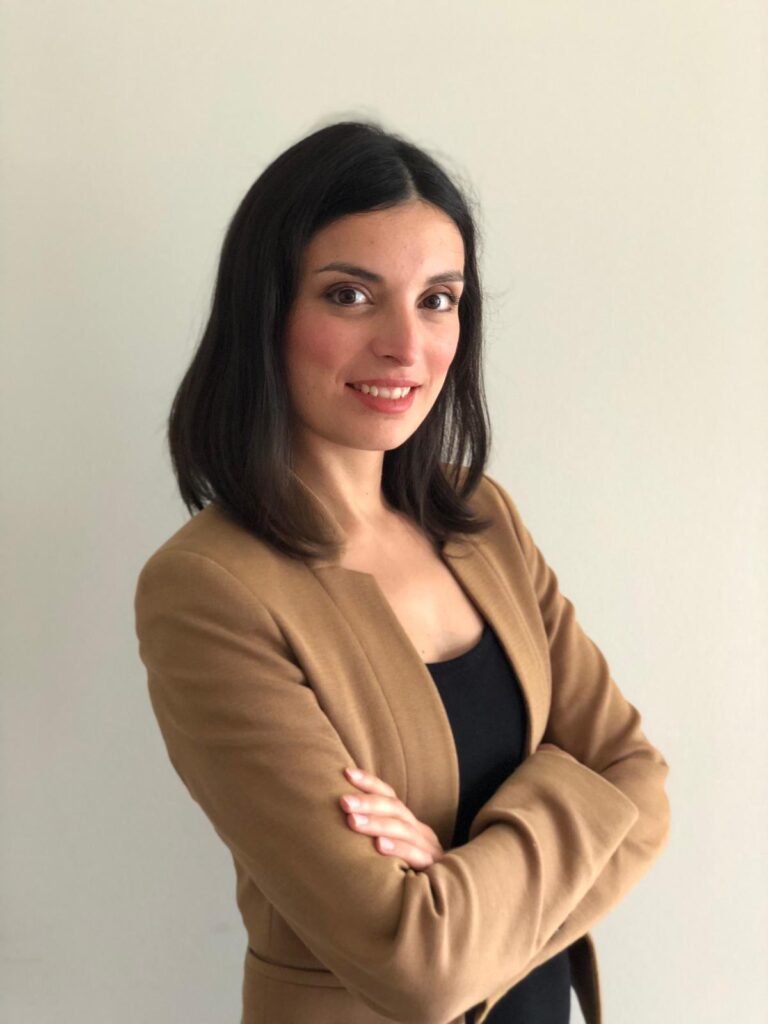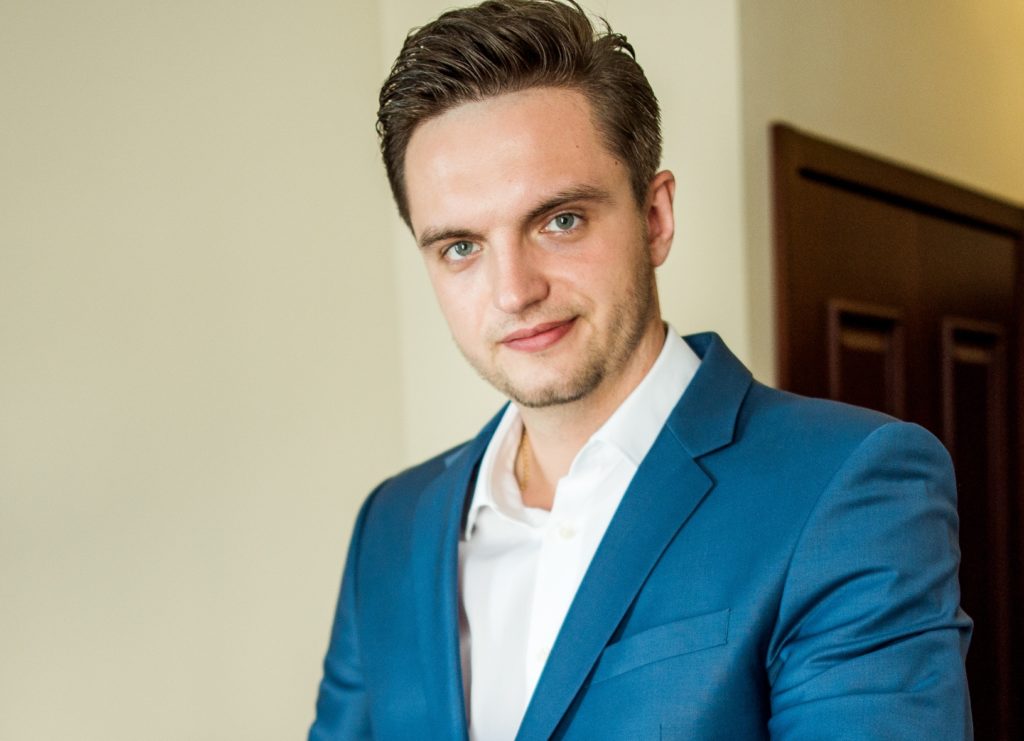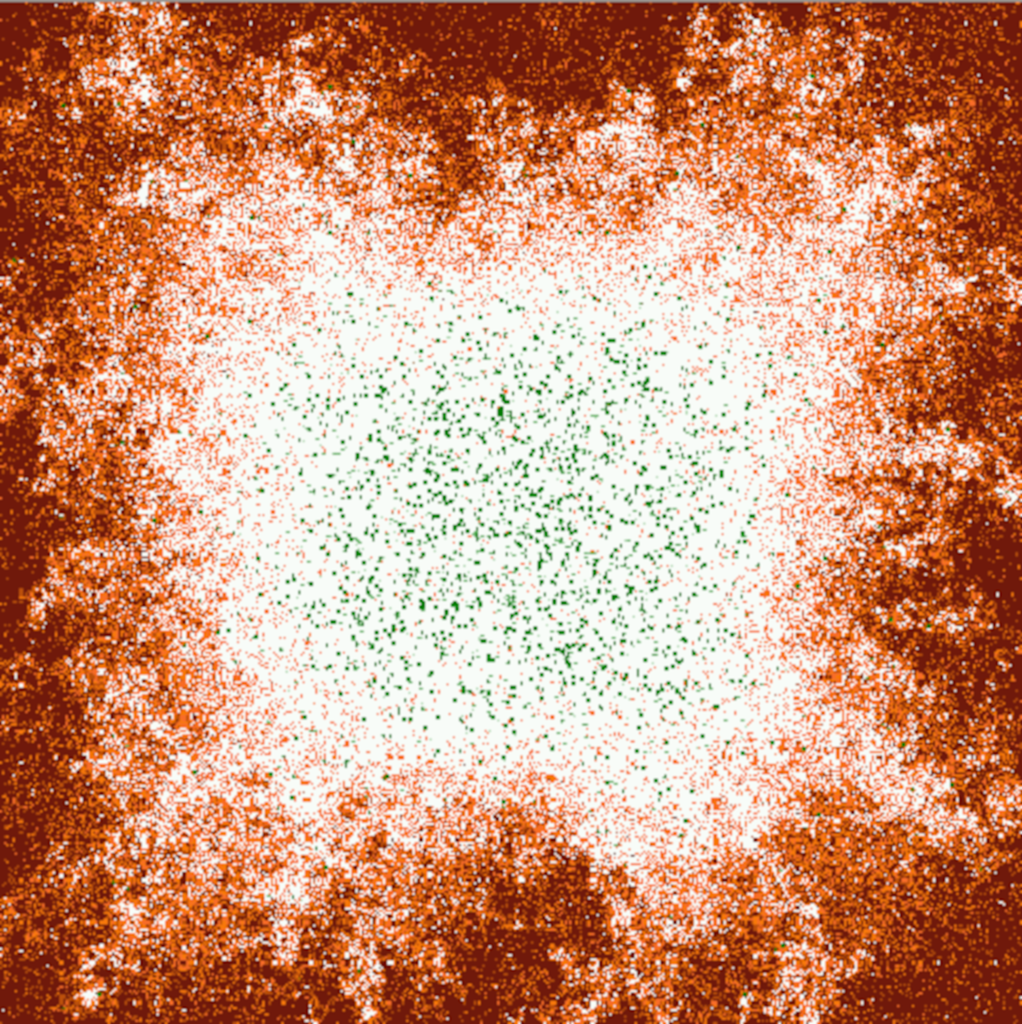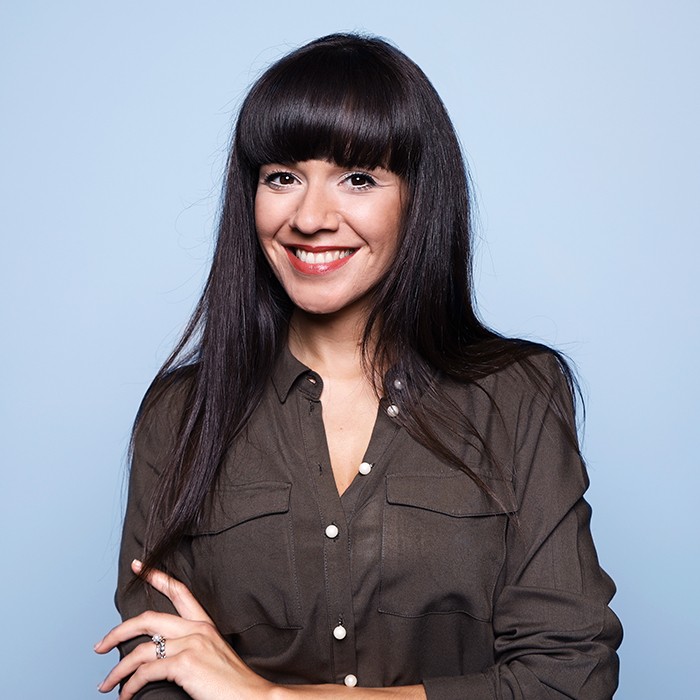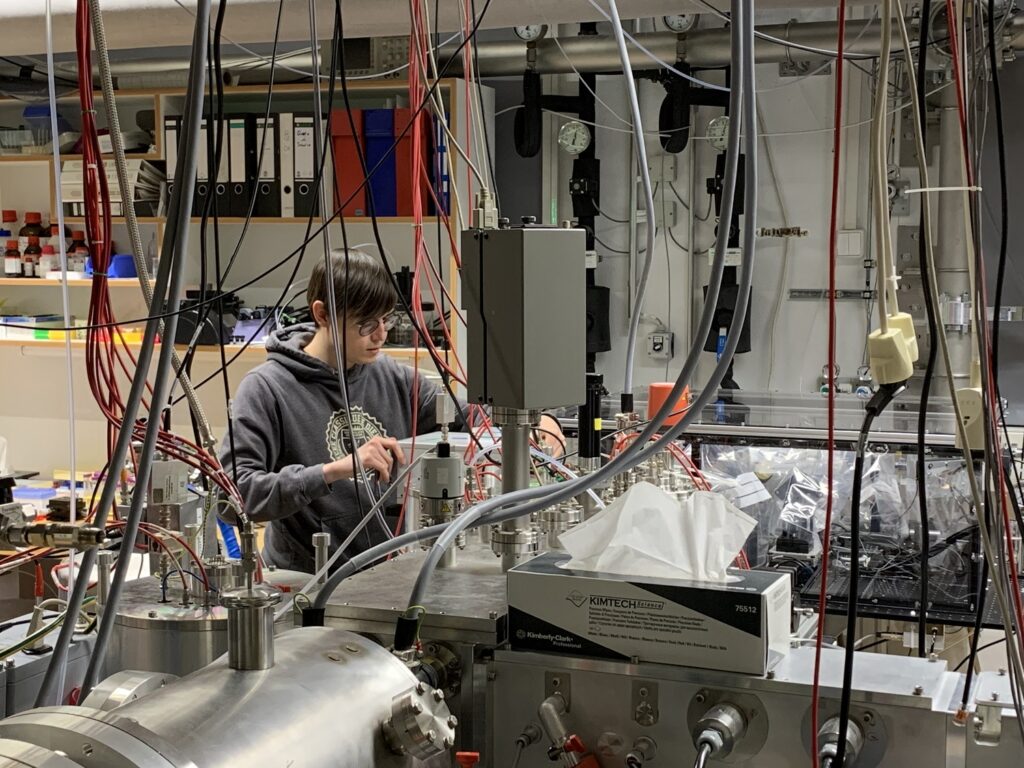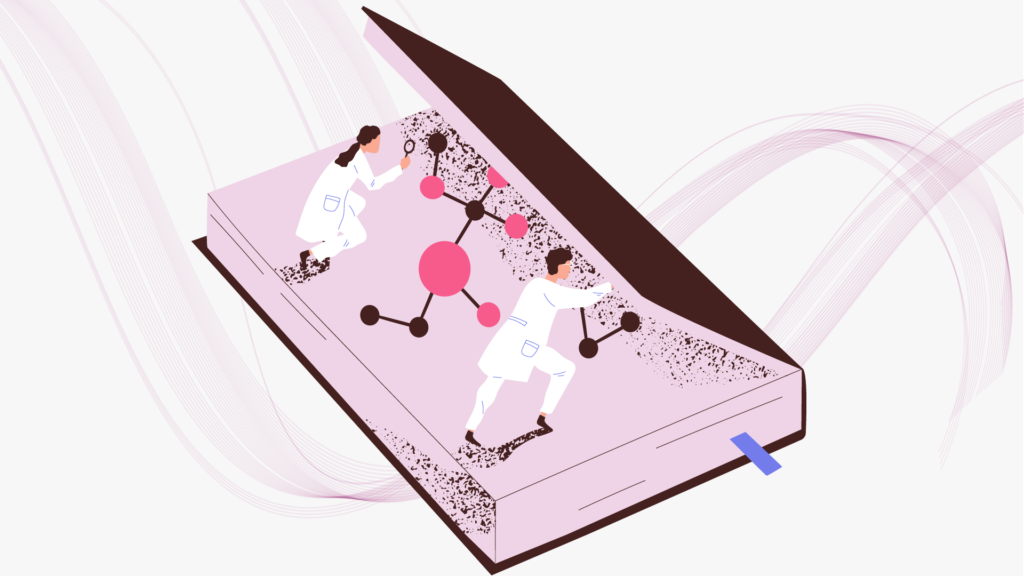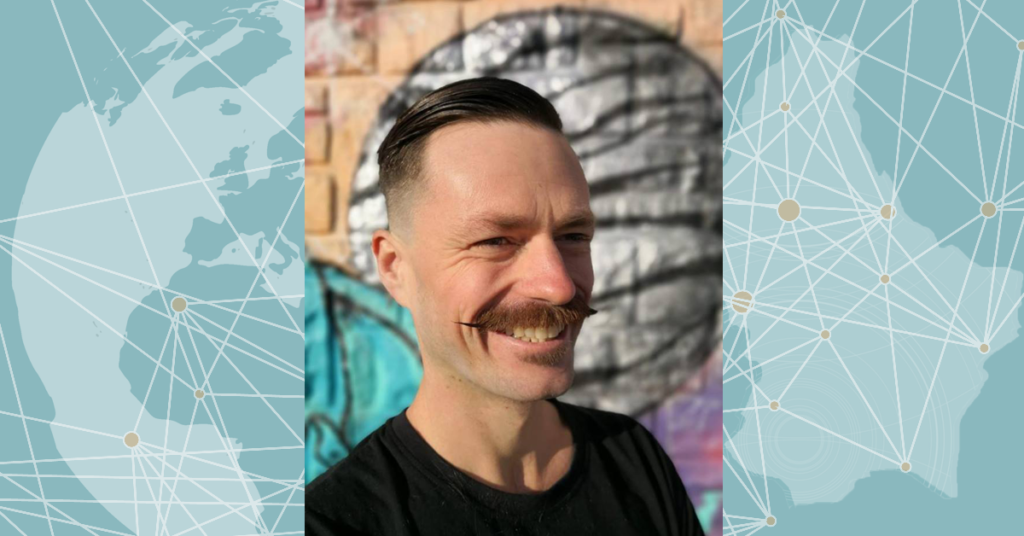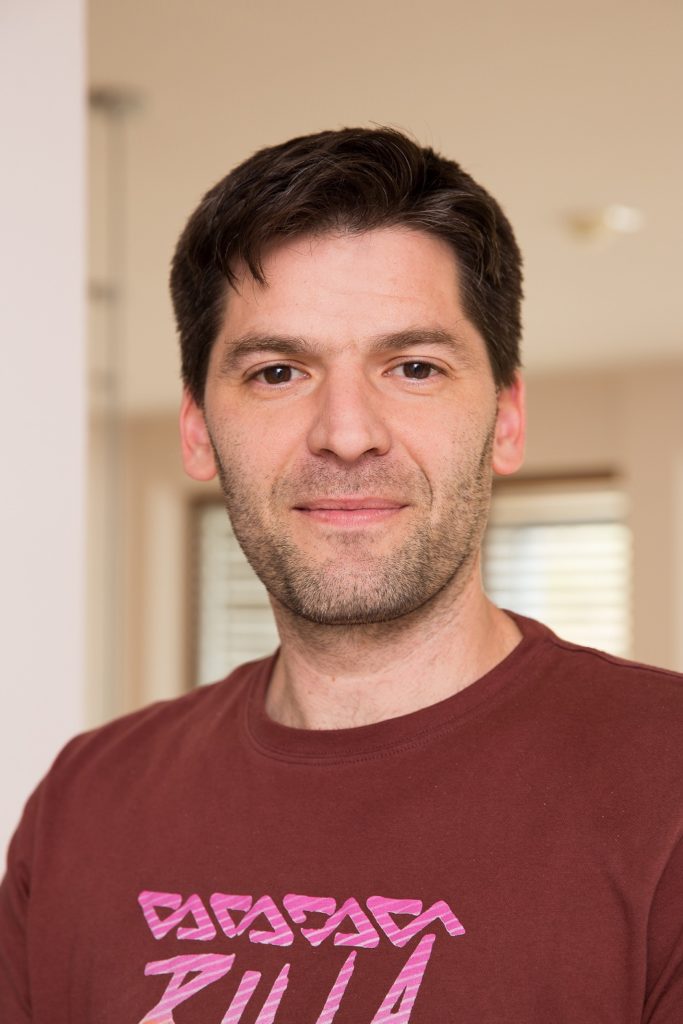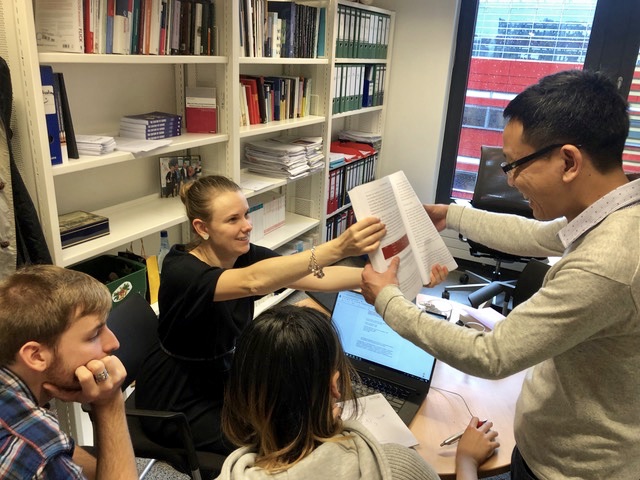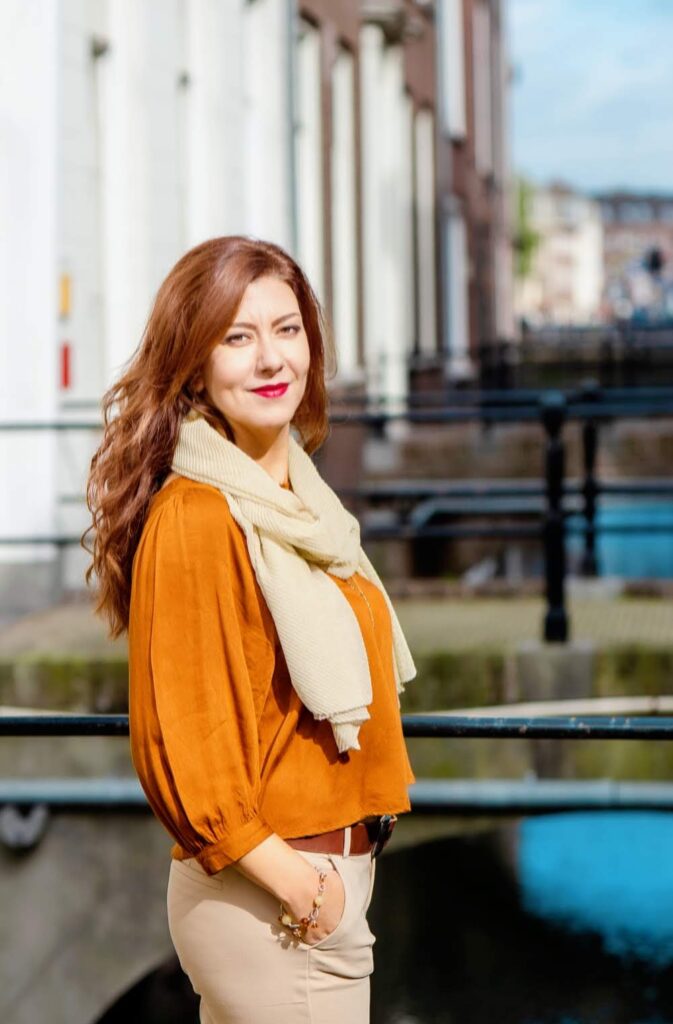
Why can our bodies defend itself against some diseases but not others? This is something Carole Lara Veiga de Sousa has always been eager to understand. In the framework of her PhD at the Luxembourg Centre for Systems Biomedicine (LCSB) and Luxembourg Institute of Health (LIH), the Portuguese national took at closer look at the microglial cells – immune cells in the central nervous system – and what impact they have on the brain’s ability to fend of infections.
‘The beauty of research is that you never know where it is going to lead’, Carole Sousa cites Sir Richard Roberts, 1993 Nobel Prize winner in Physiology or Medicine.
“In research I find my ‘freedom’ – the freedom to search for the unknown. Every piece of the puzzle that we researchers are able to reveal and, importantly, to share with the world, increases our knowledge and thus our freedom,” Carole remarks.
Carole came to Luxembourg in the framework of her AFR PhD at the Luxembourg Centre for Systems Biomedicine (LCSB) and Luxembourg Institute of Health (LIH). It was during her Bachelor degree that she became fascinated with immunology, especially the inflammatory process.
“For me science is a way of life”, she explains: “I’ve always been fascinated by the unknown and the search for knowledge. I’ve always been fascinated to understand how our body is able to defend itself against some diseases and why it fails with others. And why taking a “pill” or an injection would protect me and defend me from illness.”

In her project, Carole was able to show that microglia responses are unique to acute inflammatory insults. The responses were also clearly distinct from the responses described in neurodegenerative diseases.
“These findings highlight the importance of understanding the mechanisms by which the brain is able to respond to this type of insults, therefore placing microglia as prime targets in the treatment and management of neurodegenerative disorders,” Carole explains.
“This stands as an example of the research of excellence that is being developed in the country using the most recent and state of the art technology”
Carole completed her PhD in March 2018 and is now a Postdoc at the LIH. She cites some of the highlights of her research career as being understanding the process of inflammation during disease, along with understanding the cells, especially immune cells, that are involved in this process and how the axis immune cells-inflammation works – especially in the cases where the inflammatory process becomes damaging to the body, as the one observed in neurodegenerative diseases.
Pointing out that her PhD thesis and work was 100% developed in Luxembourg, Carole remarks: “This stands as an example of the research of excellence that is being developed in the country using the most recent and state of the art technology.
Luxembourg is undoubtedly attractive for researchers and it will continue that way, as it is taking good care of science and research (and I truly hope it continues that direction). Despite being a long-term investment, research is vital to show how advanced and refined a country is and stands for.
One aspect I have to mention is that, contrary to most countries in Luxembourg all the PhD students have a work contract!”
Couldn't be more happy and proud to see my work covering @emboreports🤣👏 #Topmostread💪cheers to the amazing #microglia🤩
— Carole Sousa (@clvsousa) November 6, 2018
@ #Norlux @LIH_Luxembourg @LCSB_Luxembourg @uni_lu @Fnr_Lux @FondationLu #Neuroinflammationhttps://t.co/rzr4pMN5t2 #endofachapter🤩😌 https://t.co/JS0lBsbQrh
About Spotlight on Young Researchers
Spotlight on Young Researchers is an FNR initiative to highlight early career researchers across the world who have a connection to Luxembourg. The campaign is now in its 4th year, with 45+ researchers already featured. Discover more young researcher stories below.
More in the series SPOTLIGHT ON YOUNG RESEARCHERS
- All
- Cancer research
- Environmental & Earth Sciences
- Humanities & Social Sciences
- Information & Communication Technologies
- Law, Economics & Finance
- Life Sciences, Biology & Medicine
- Materials, Physics & Engineering
- Mathematics
- Research meets industry
- Spotlight on Young Researchers
- Sustainable resource mgmt
- Women in science


